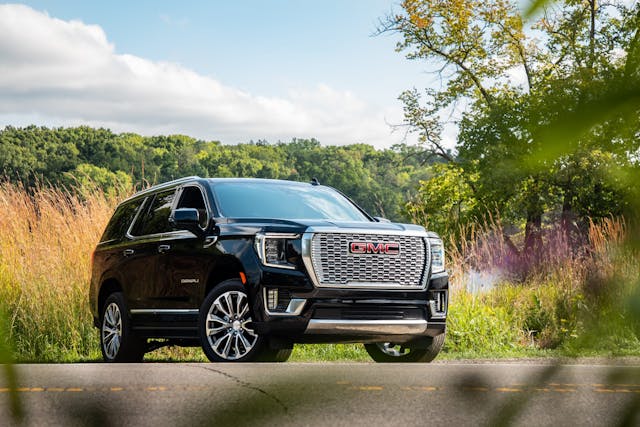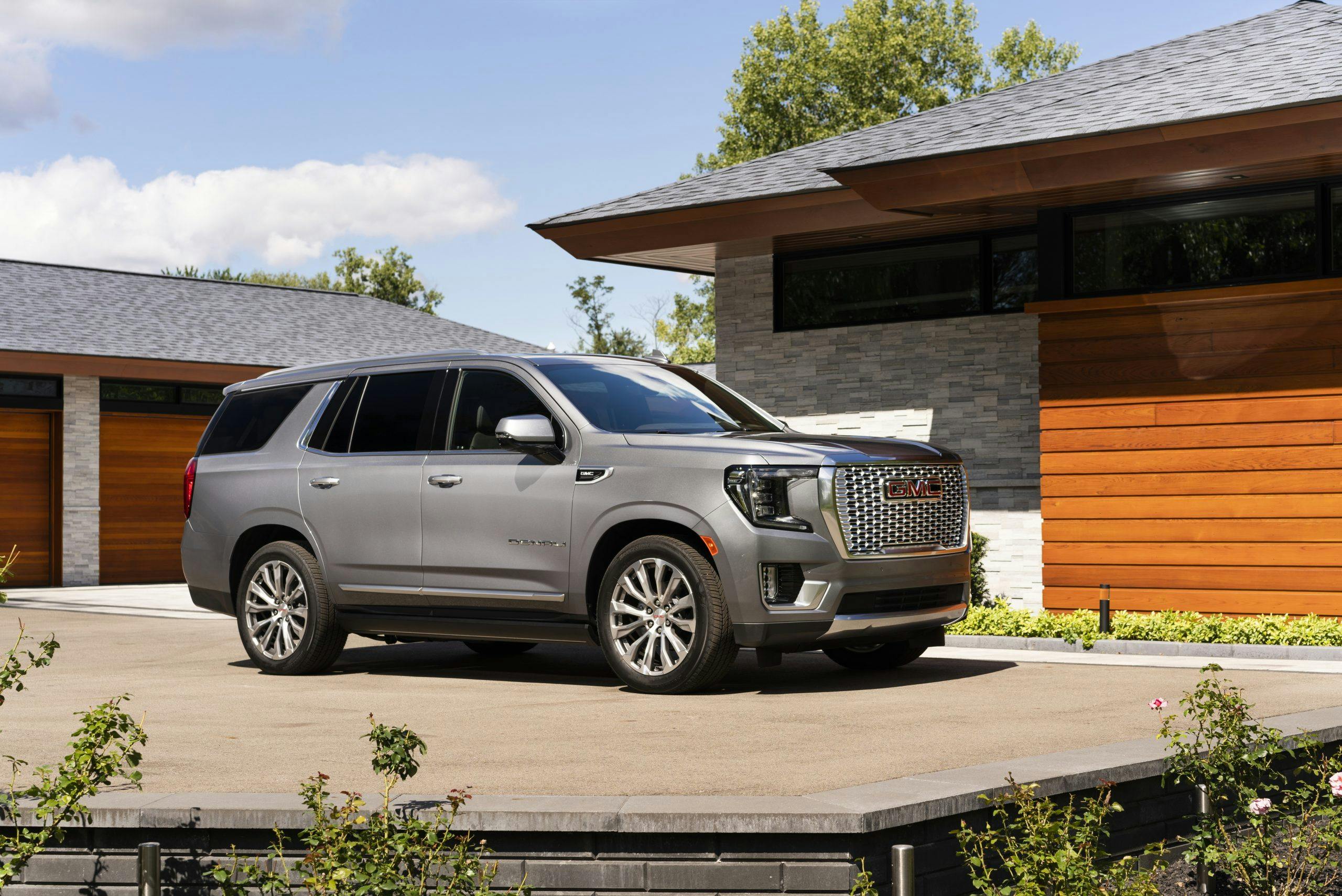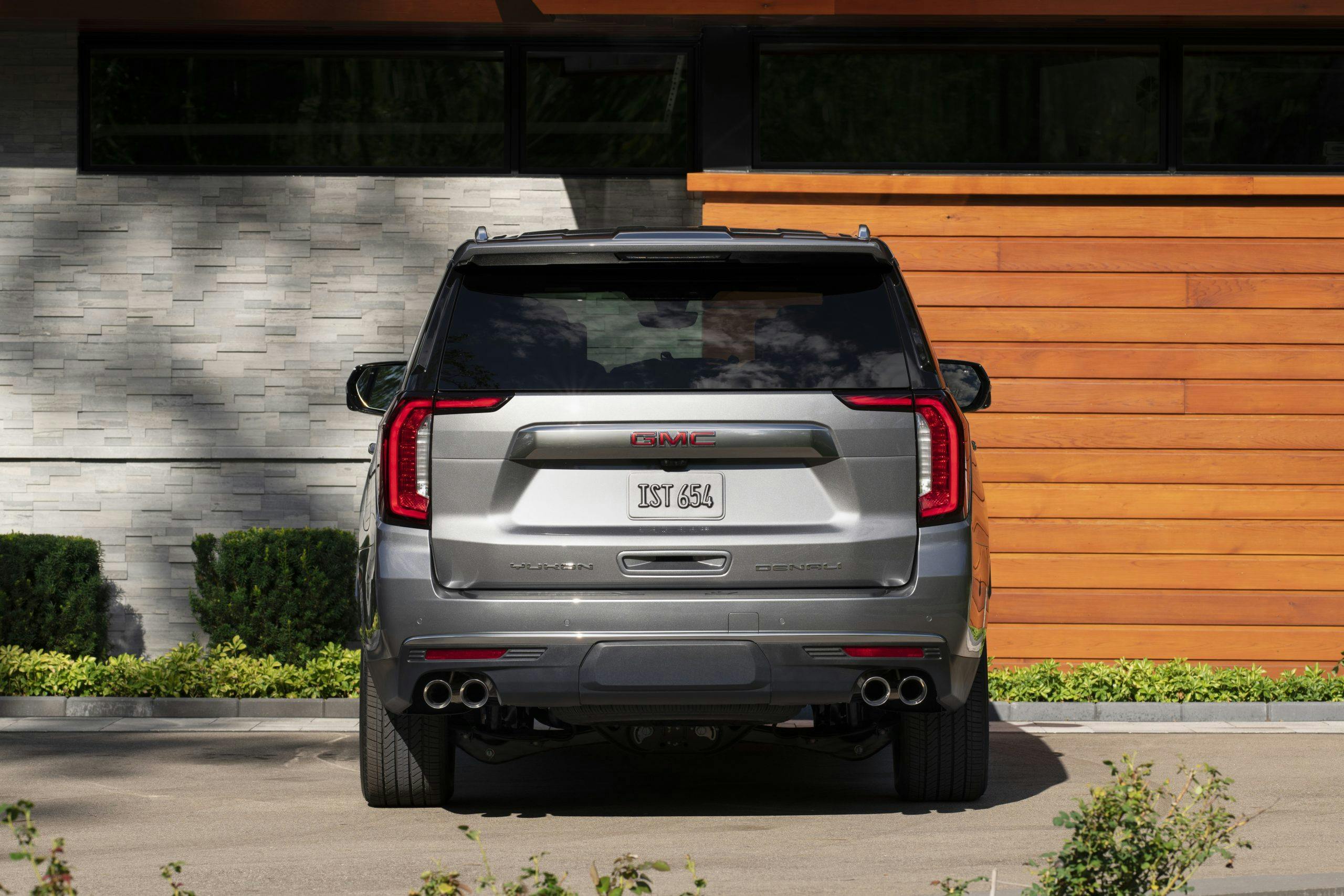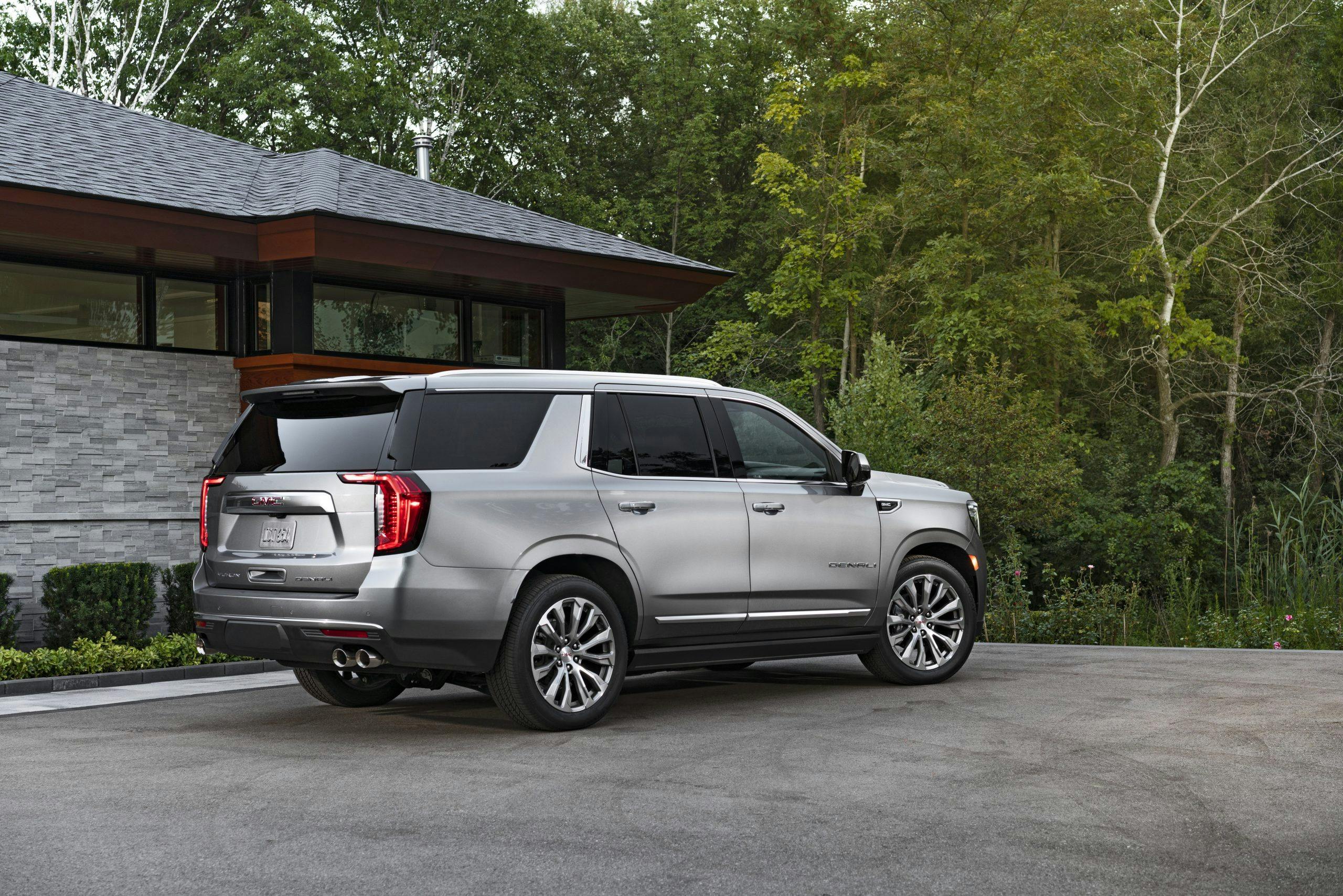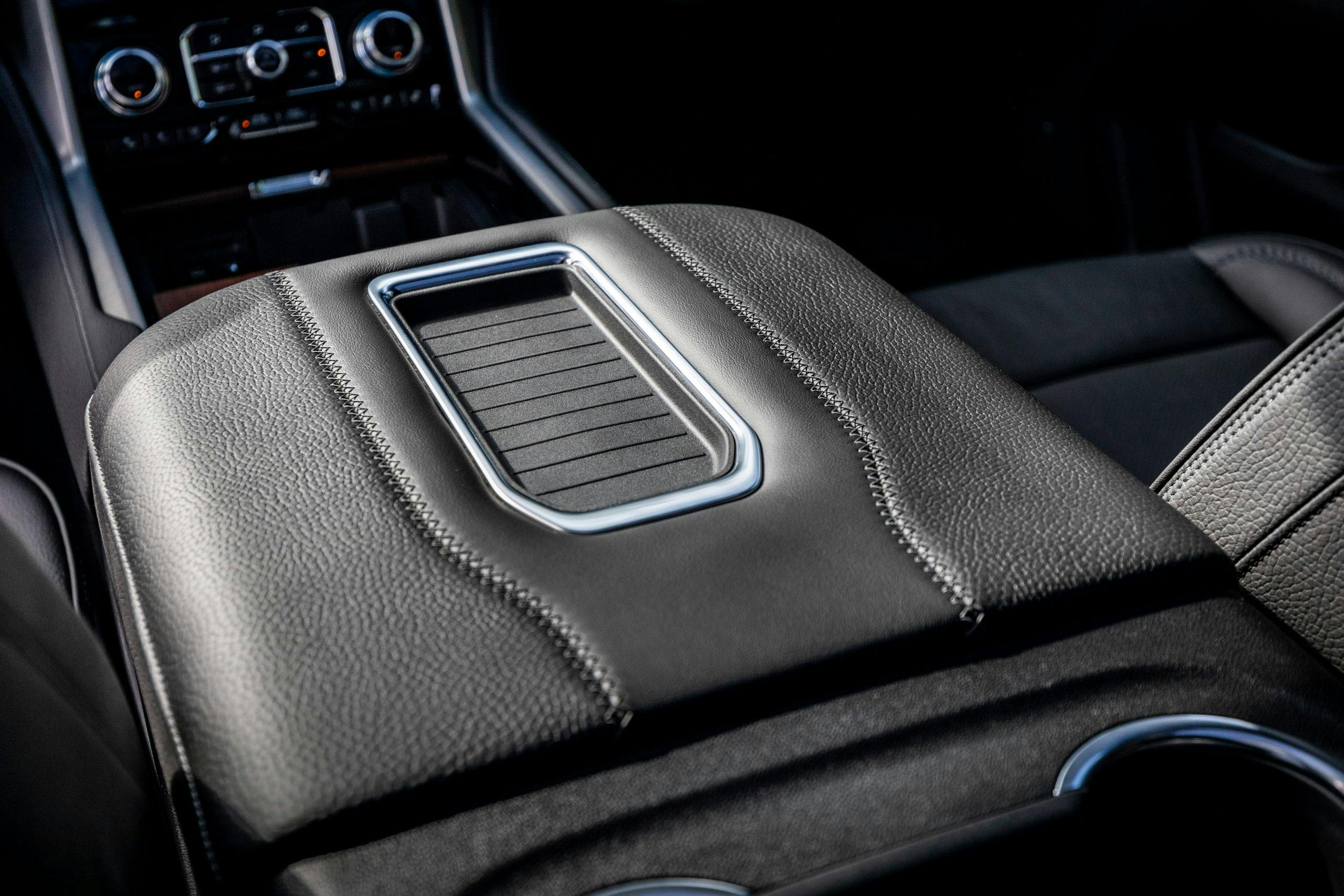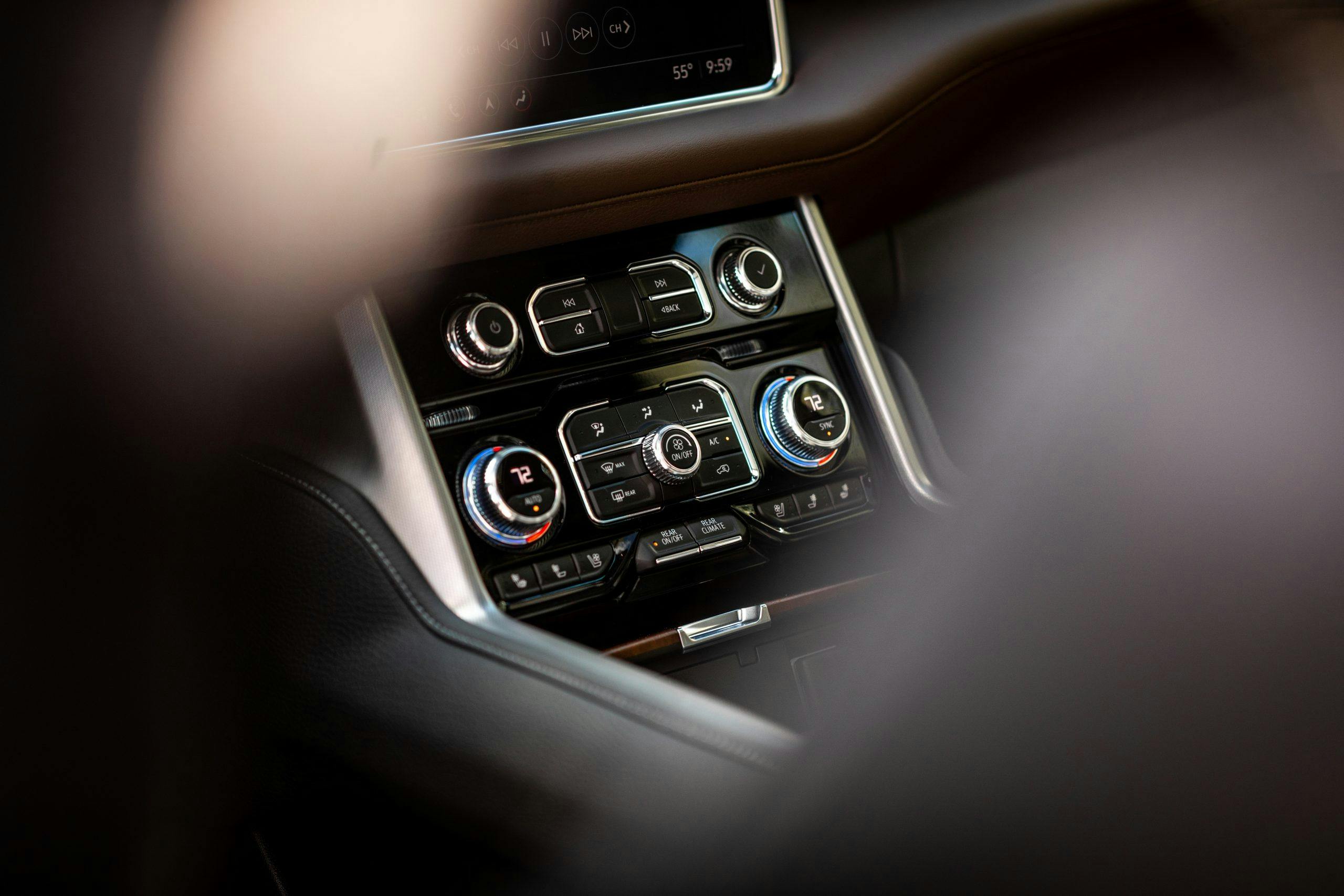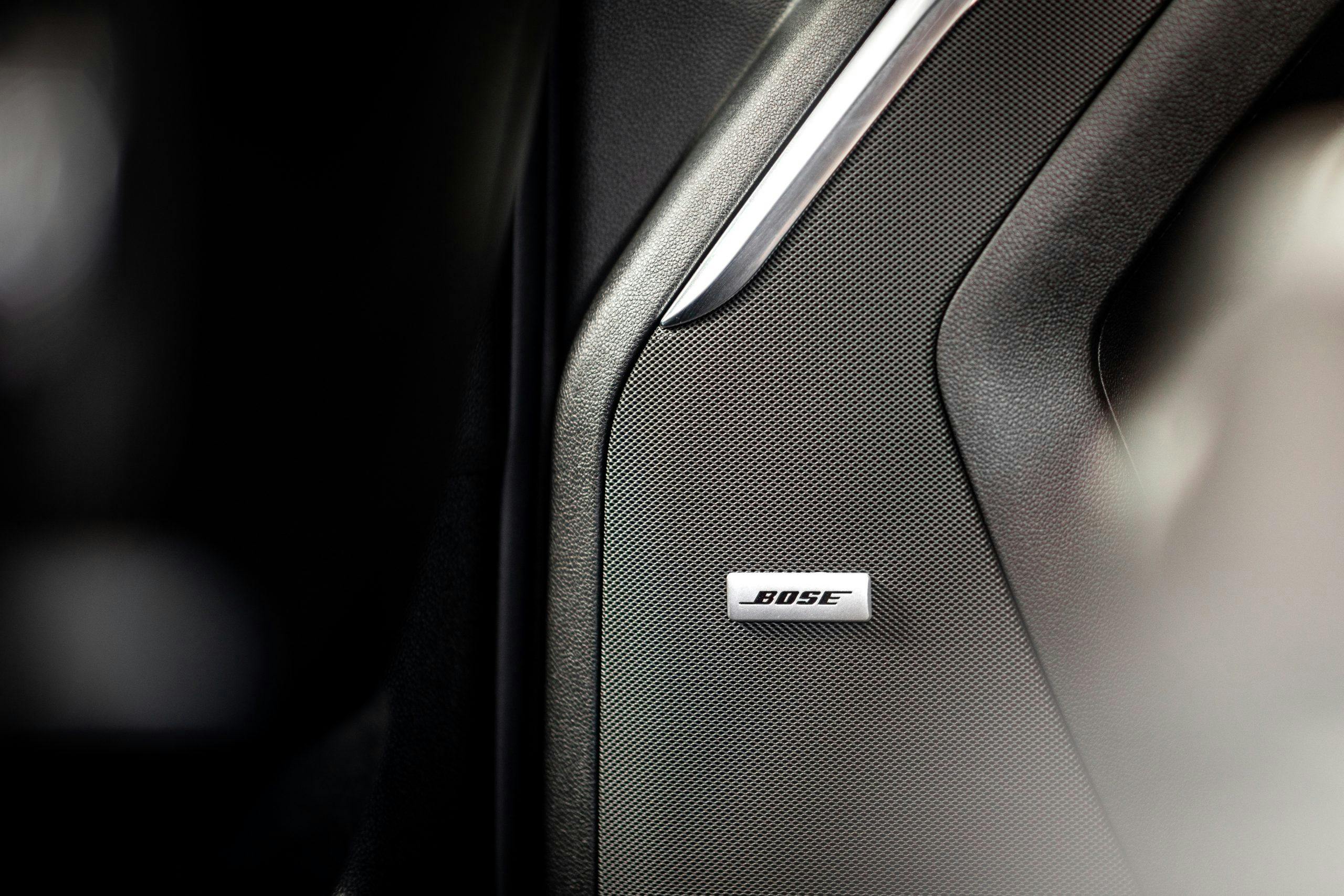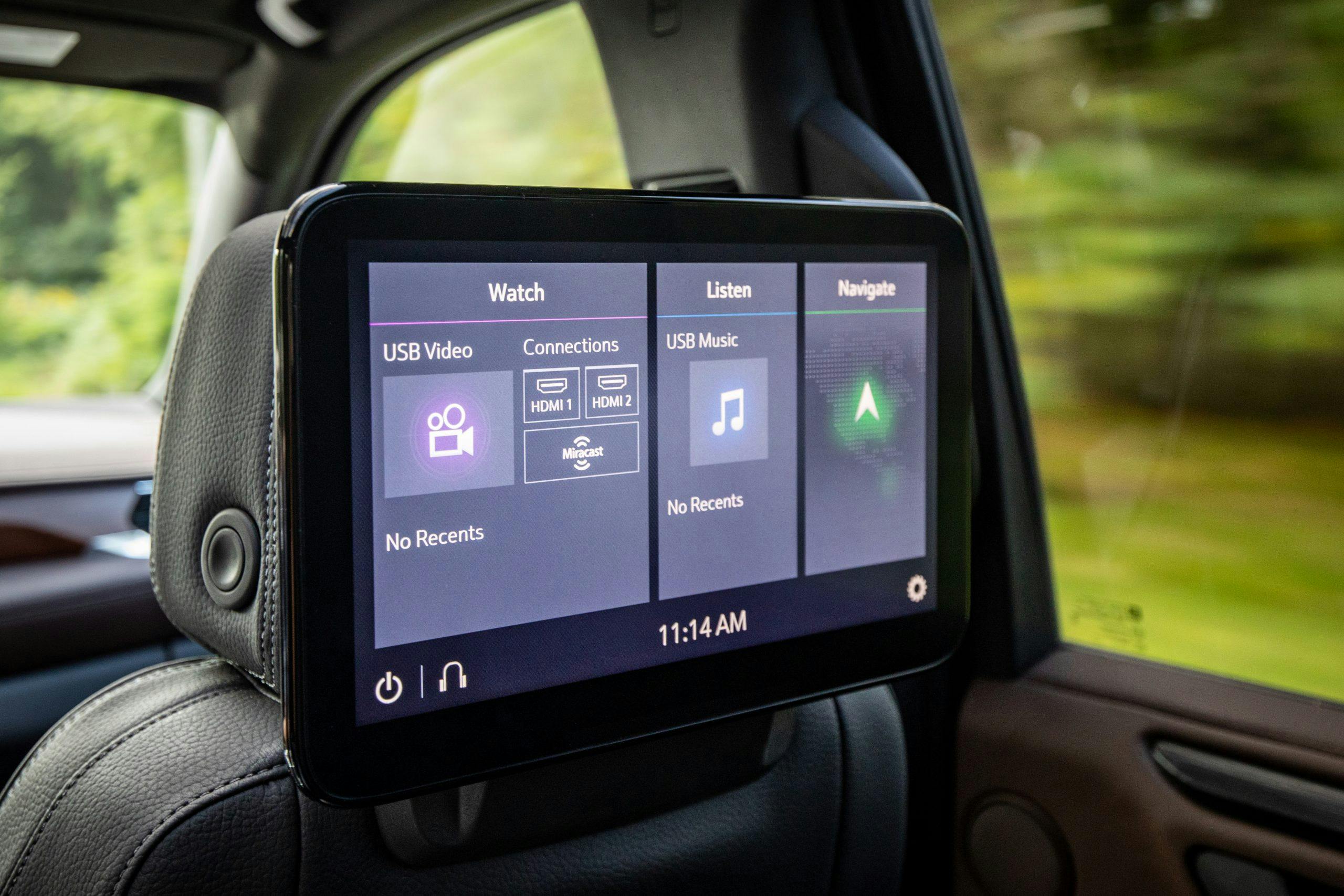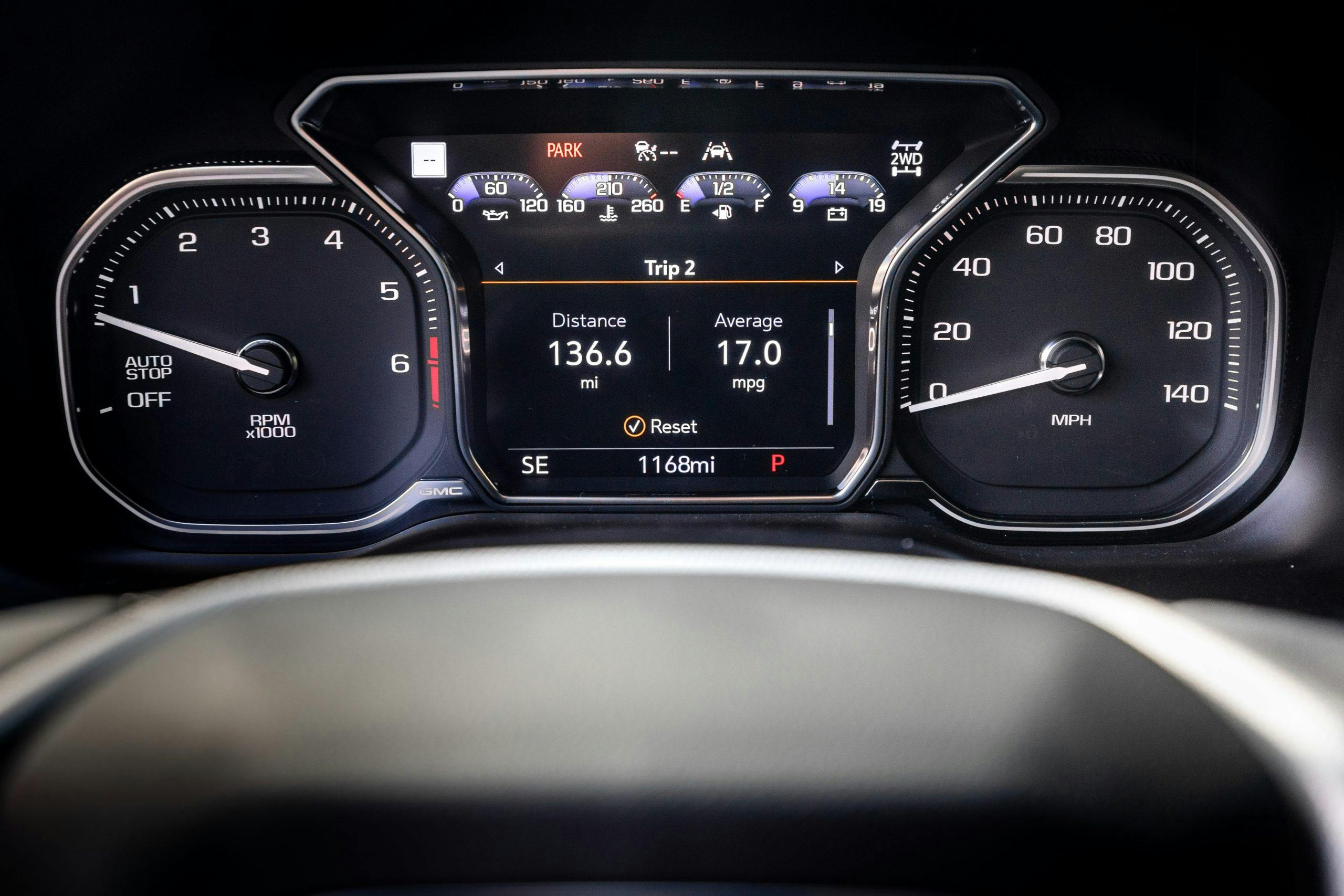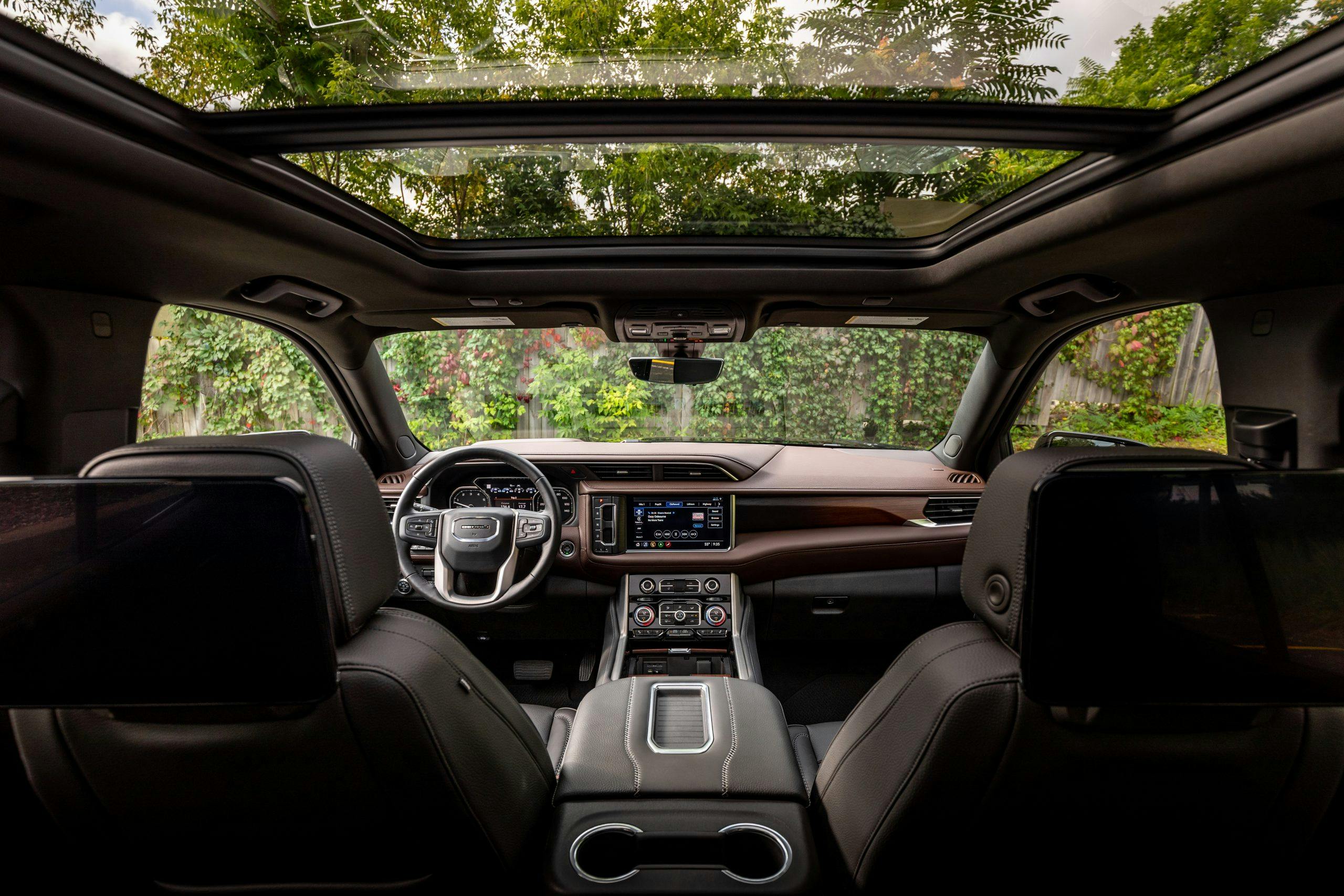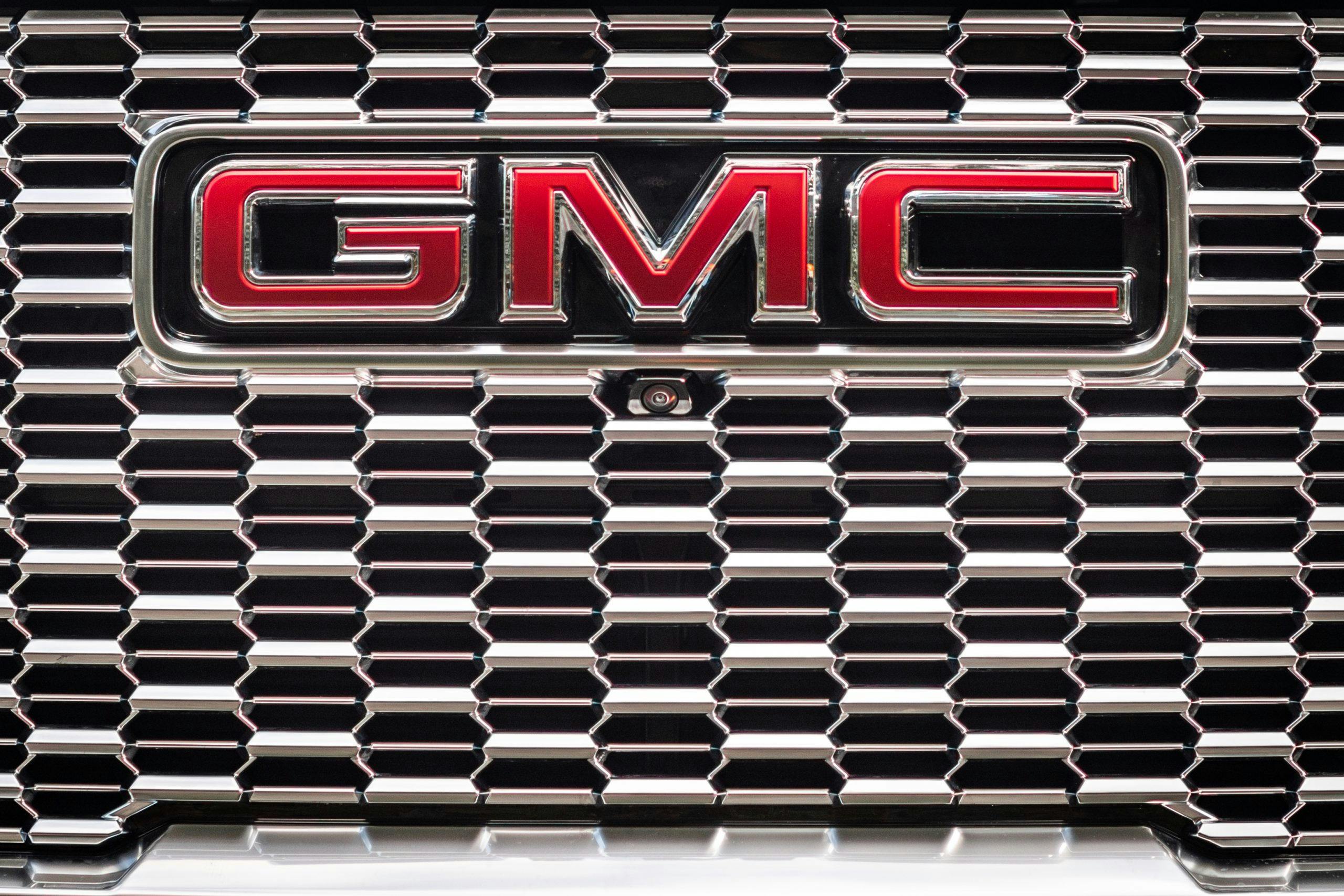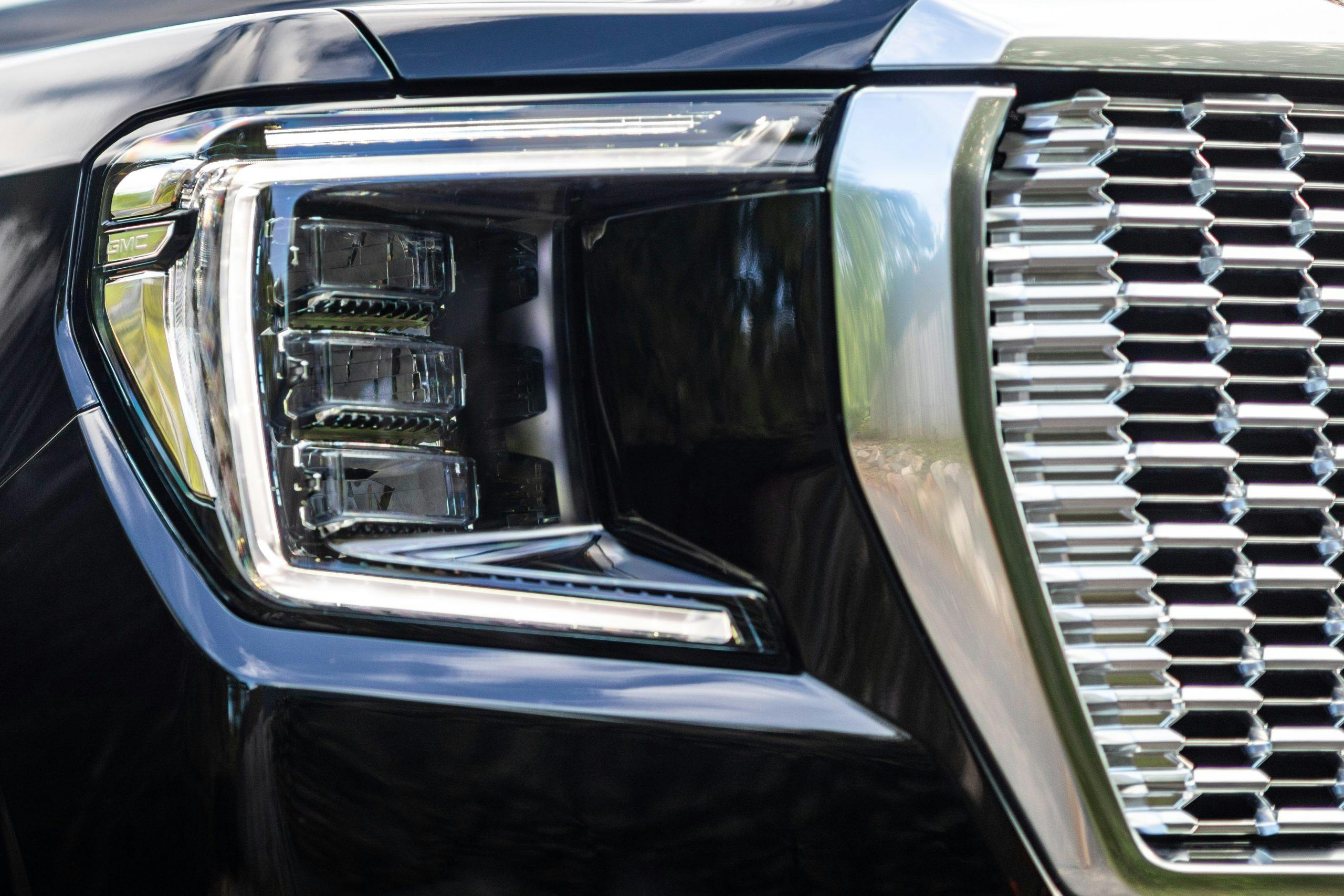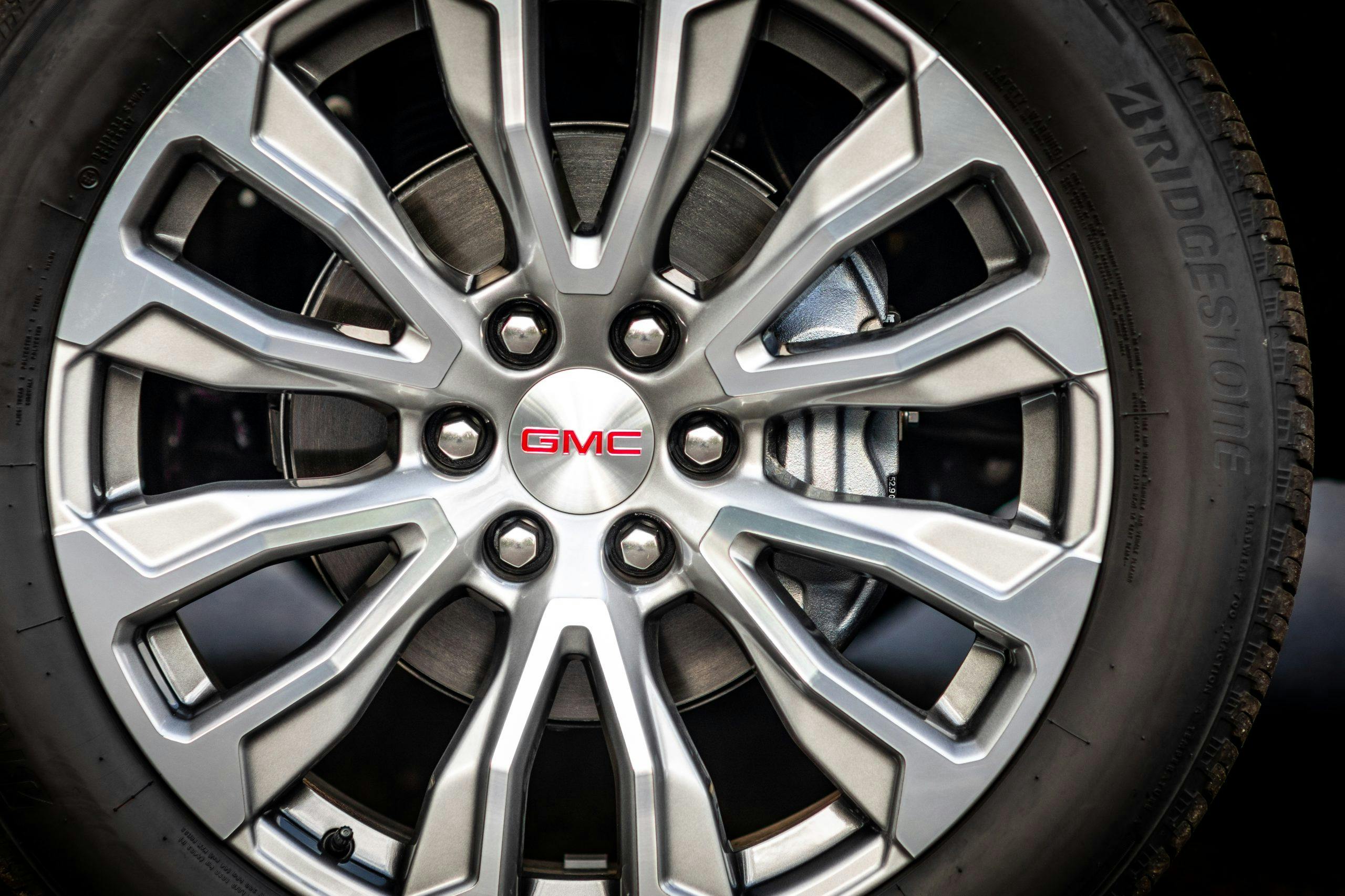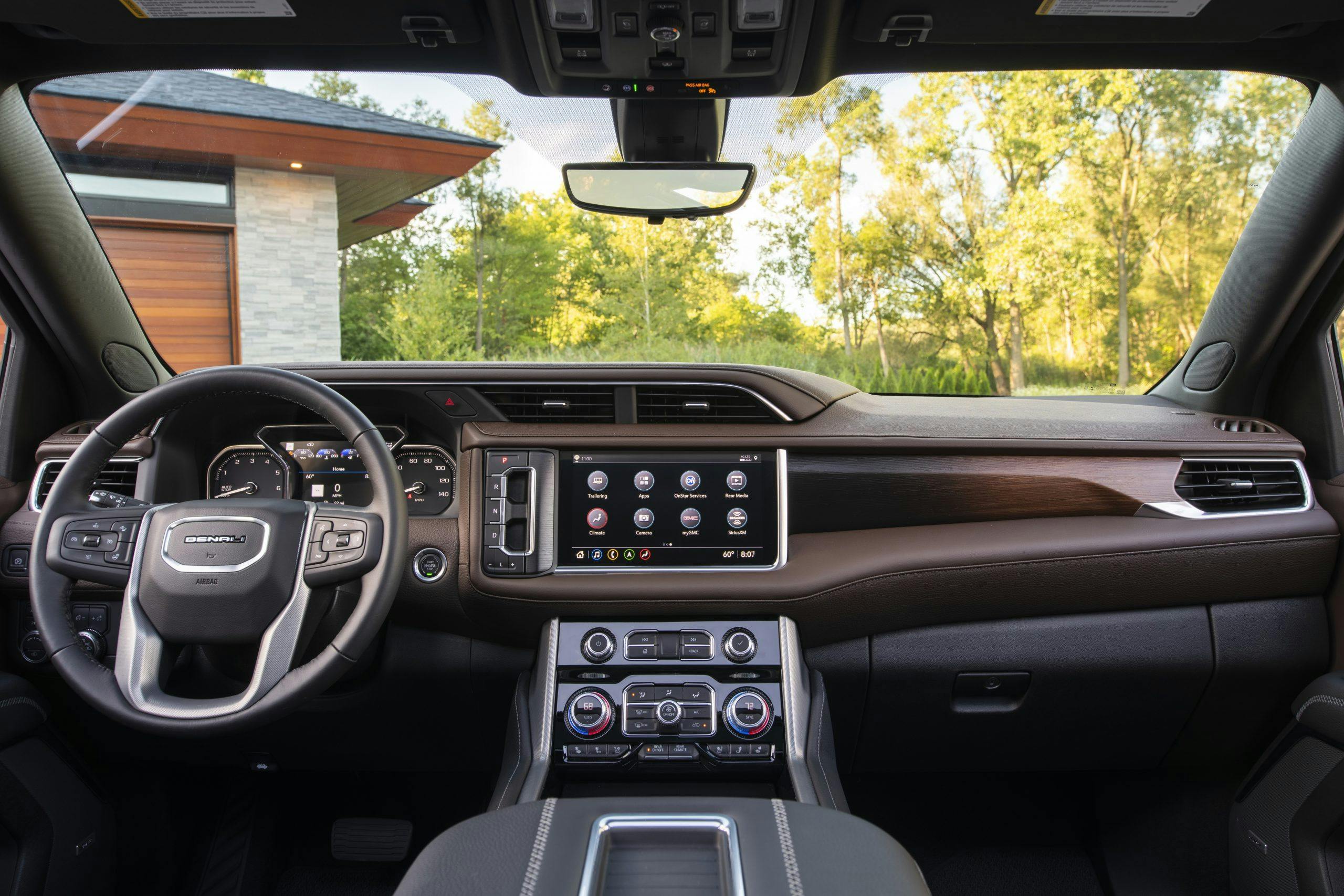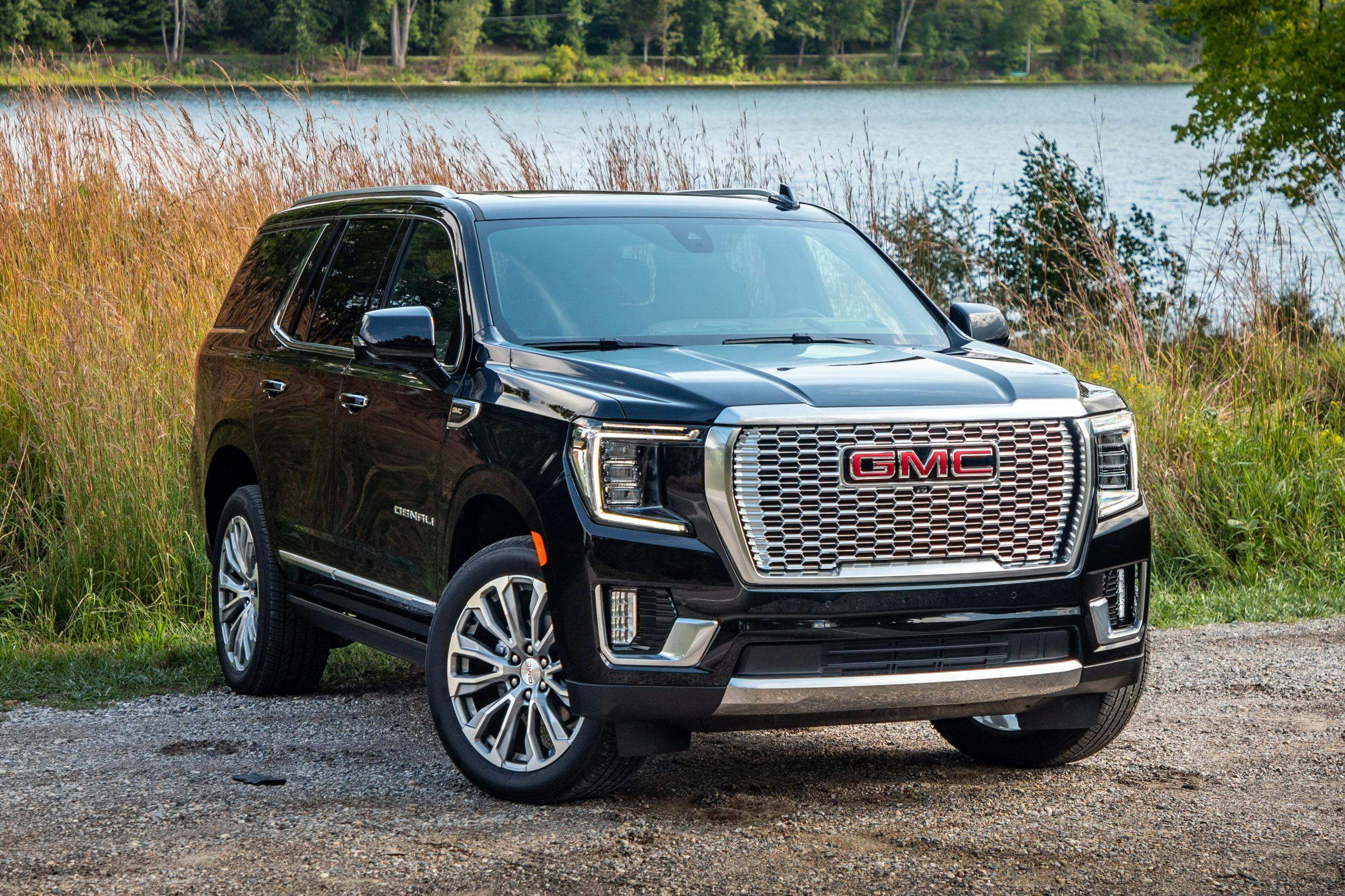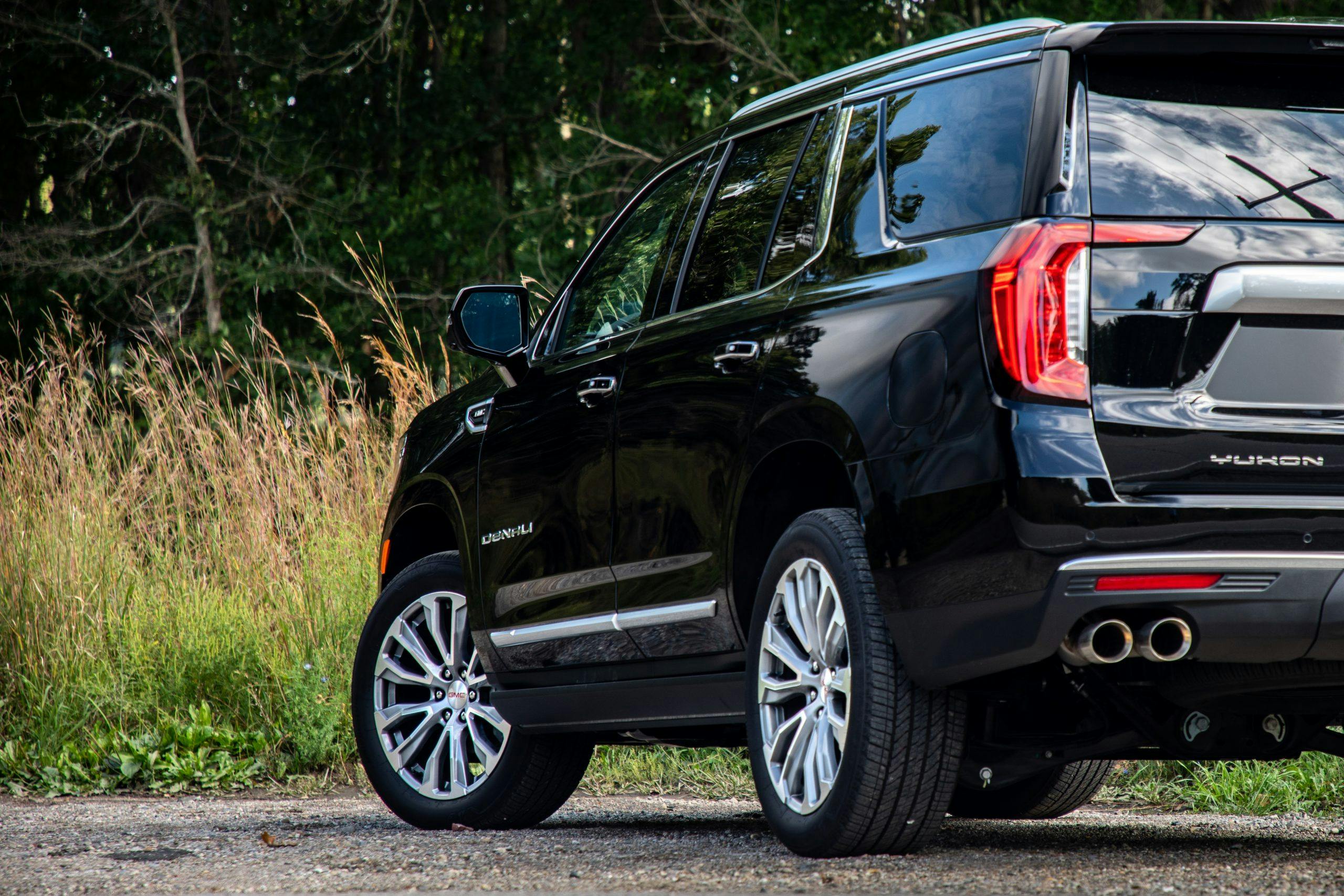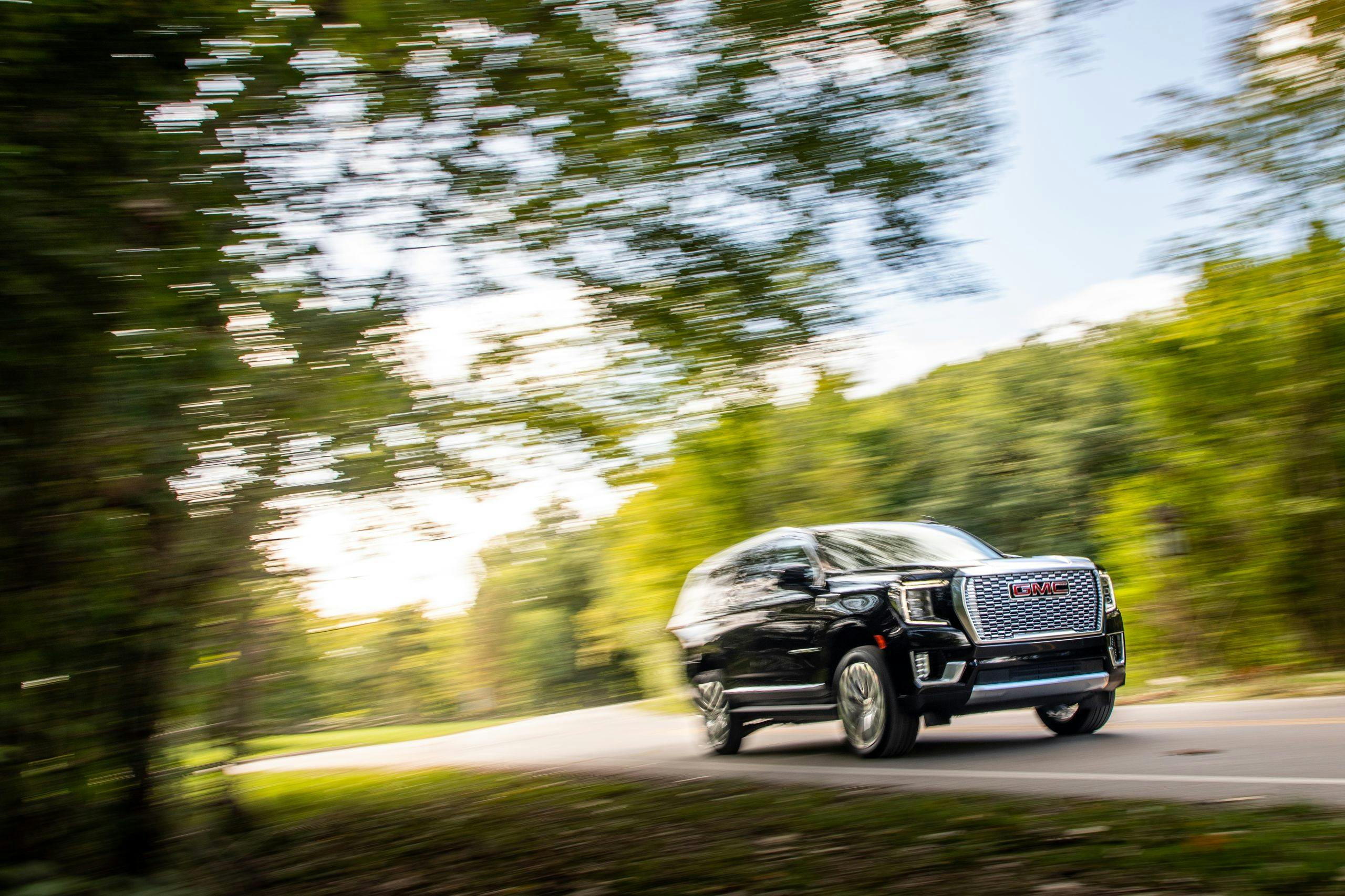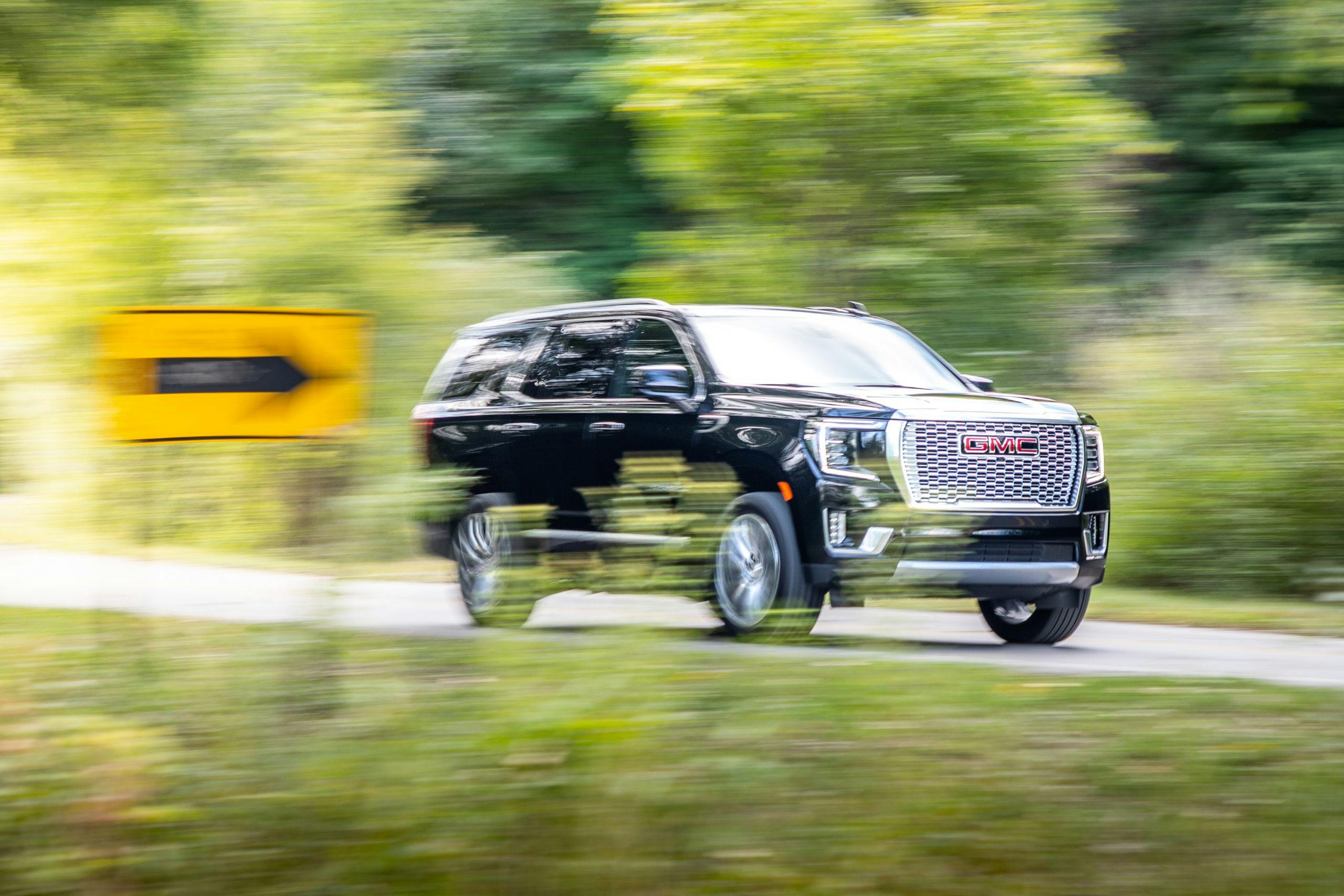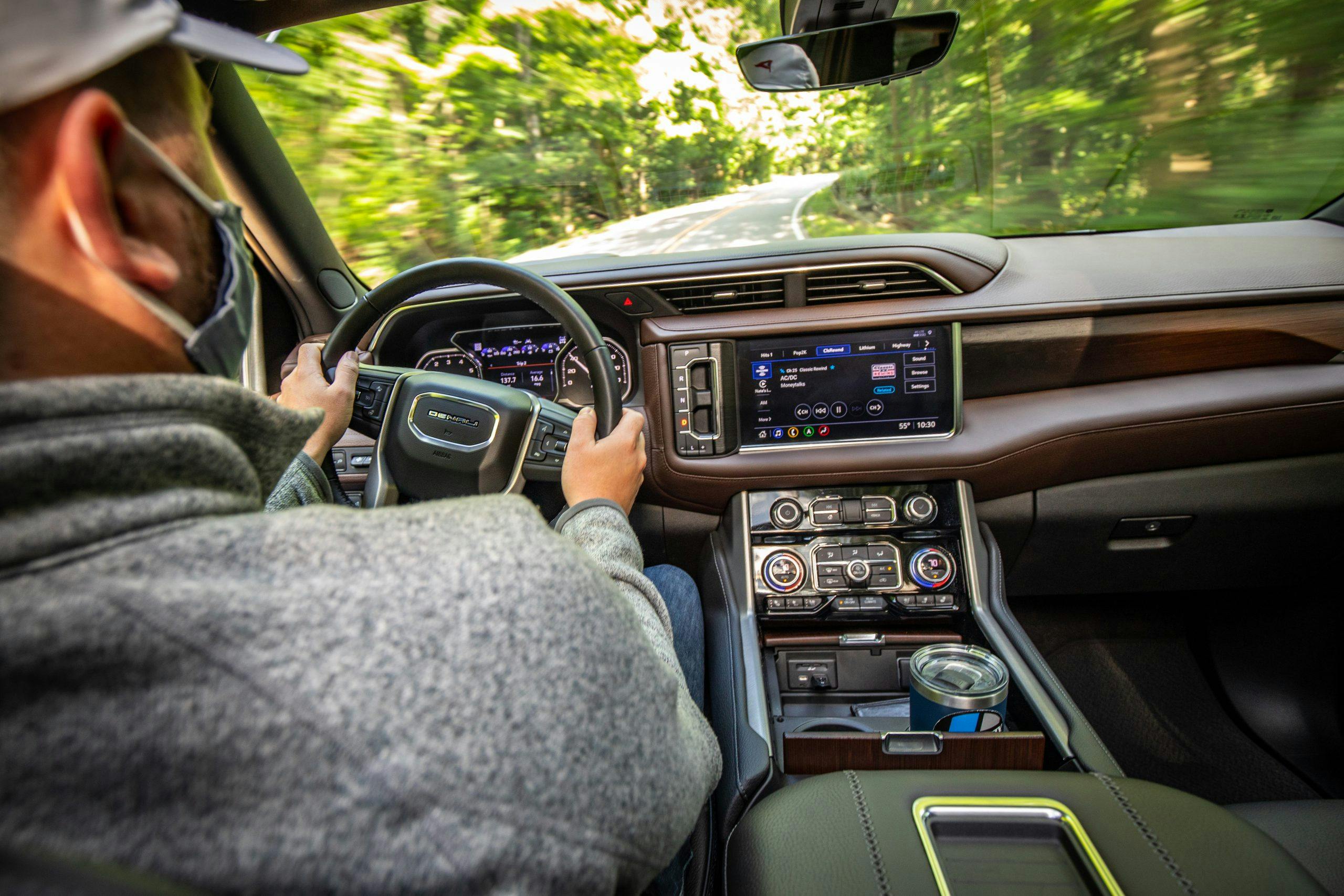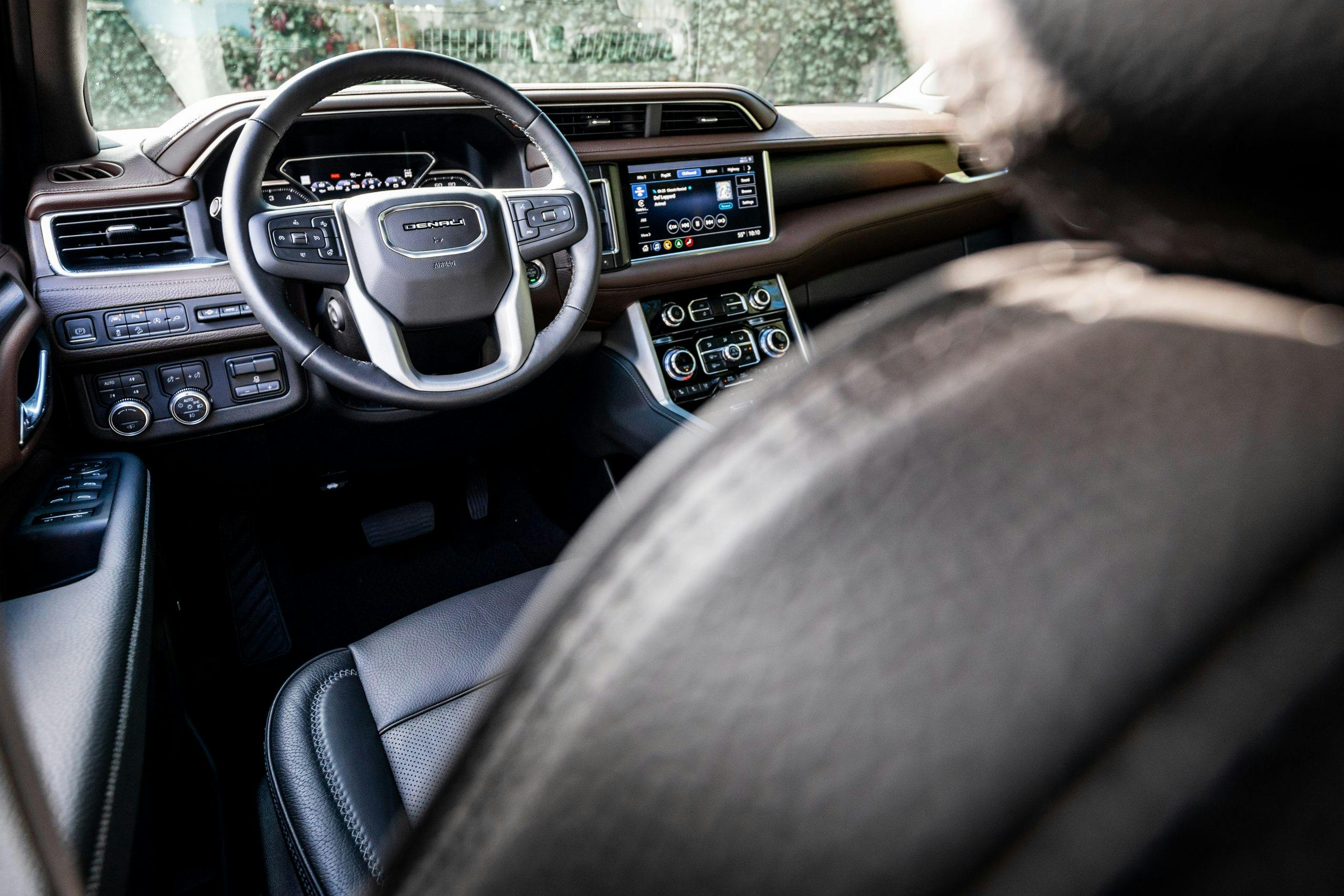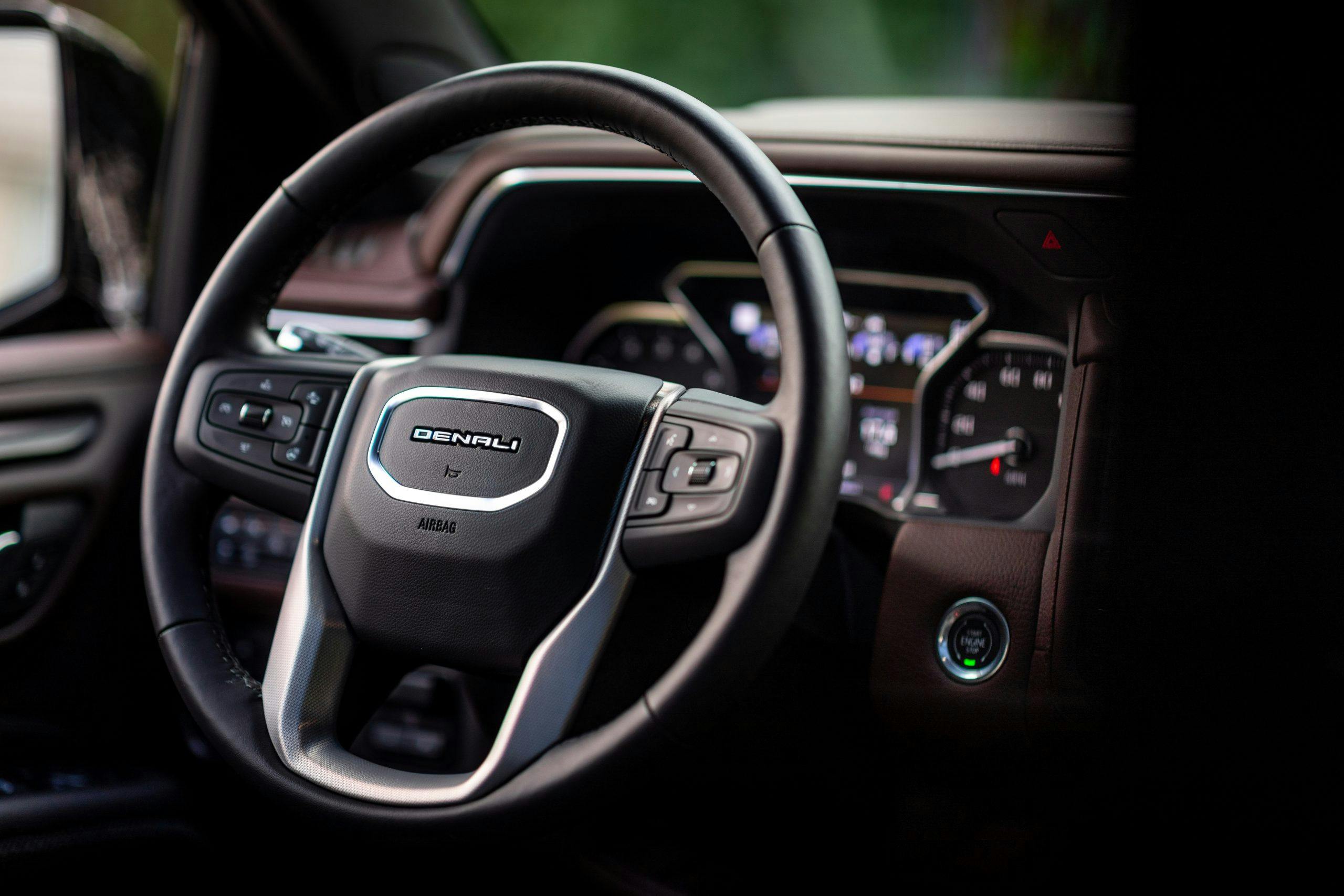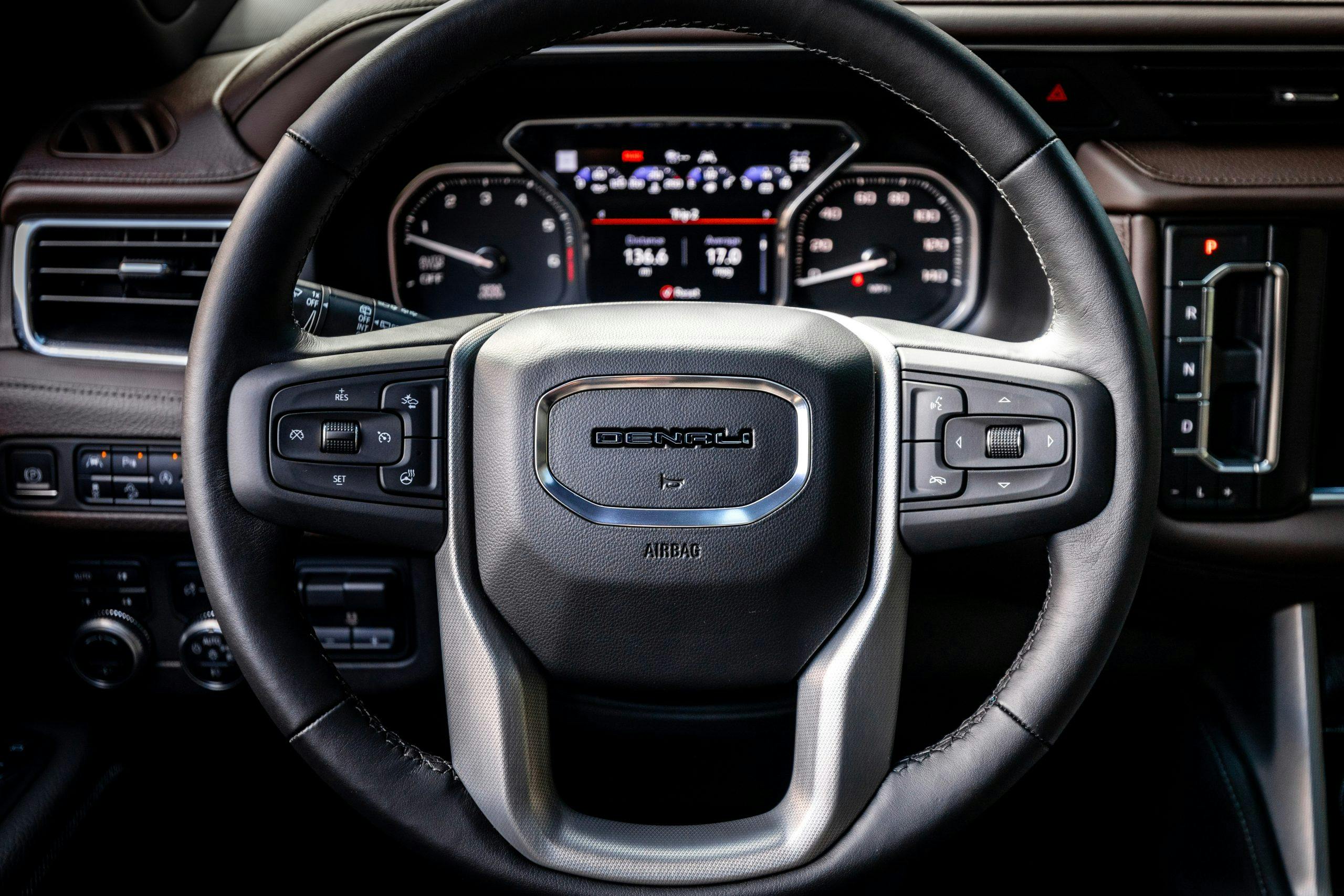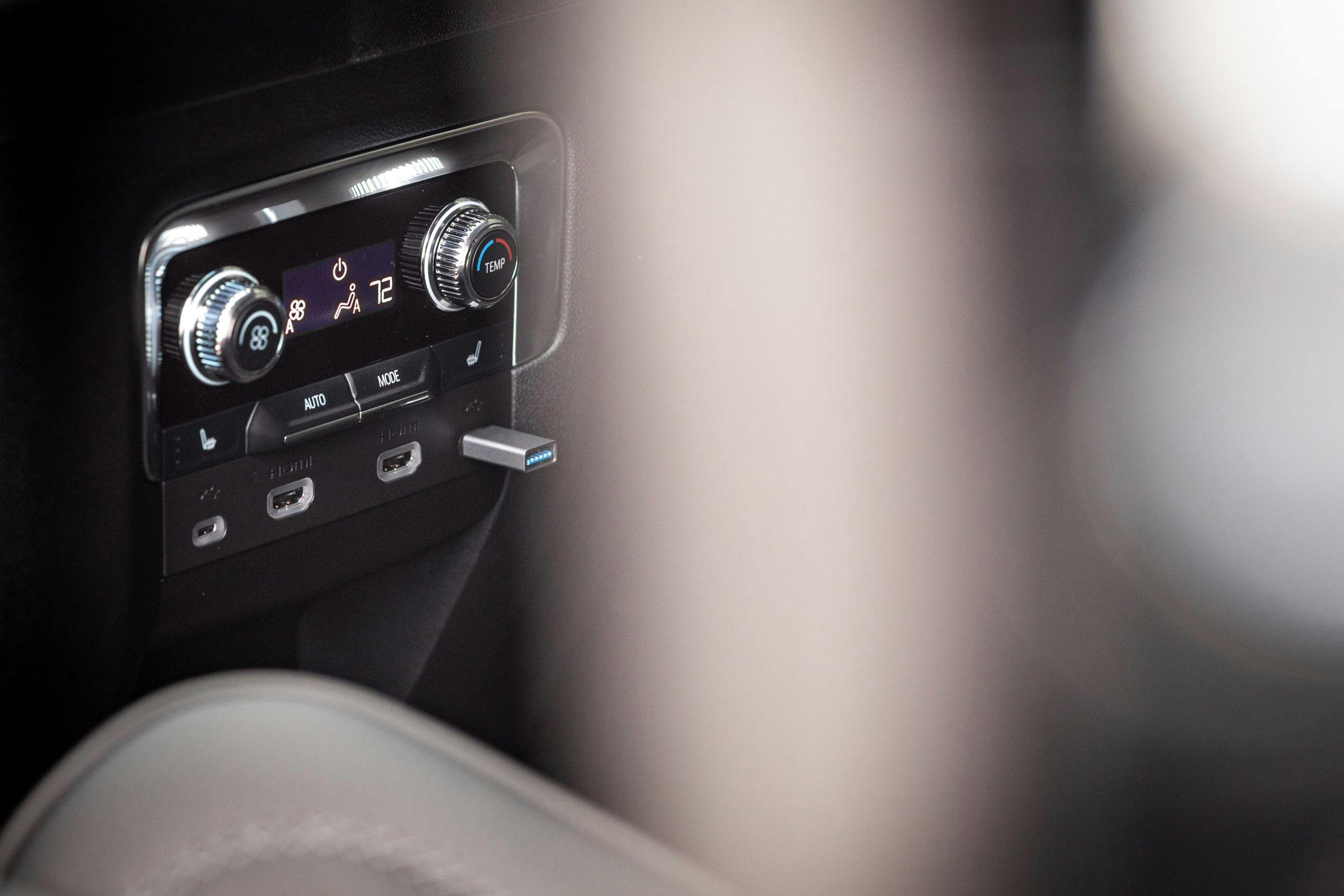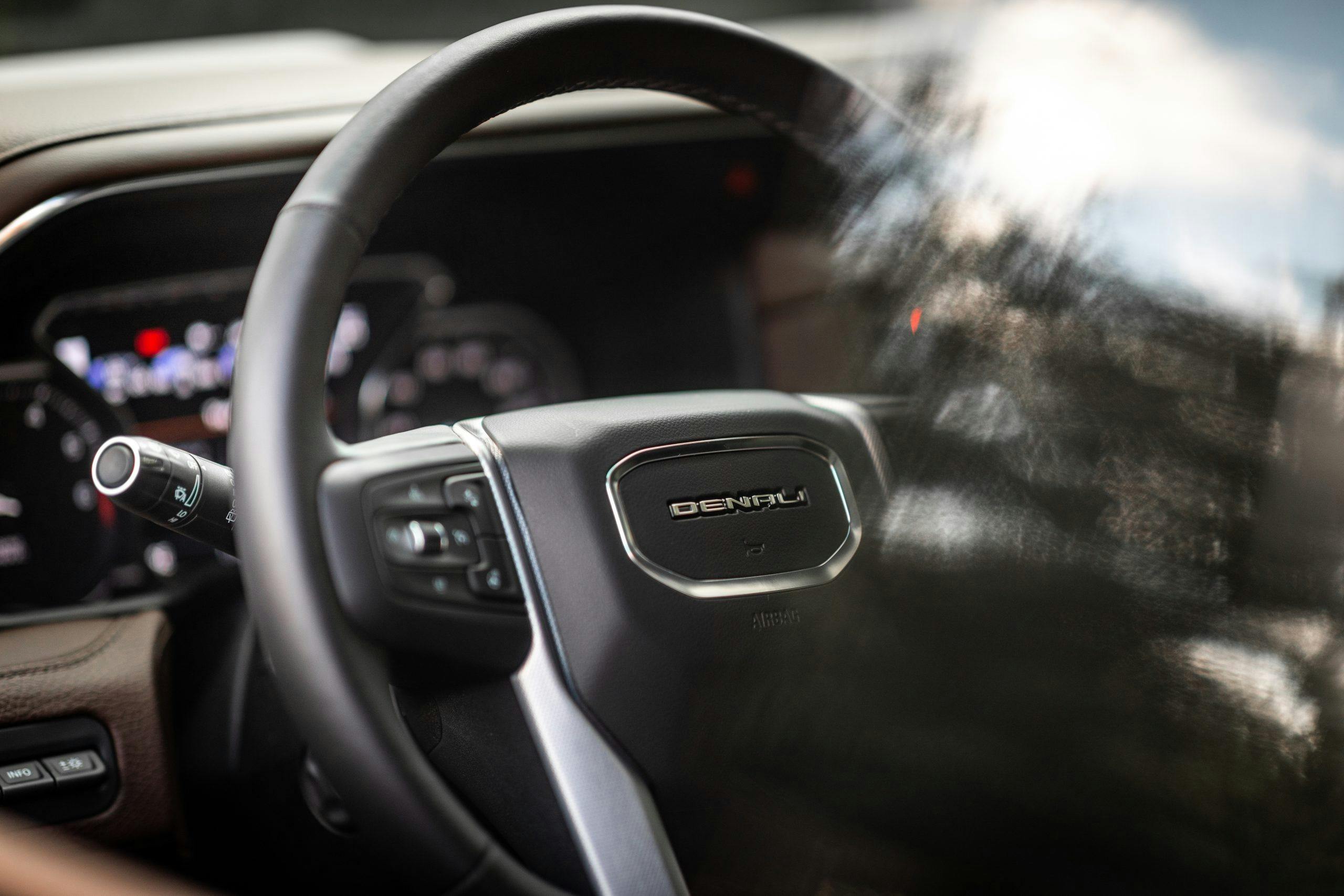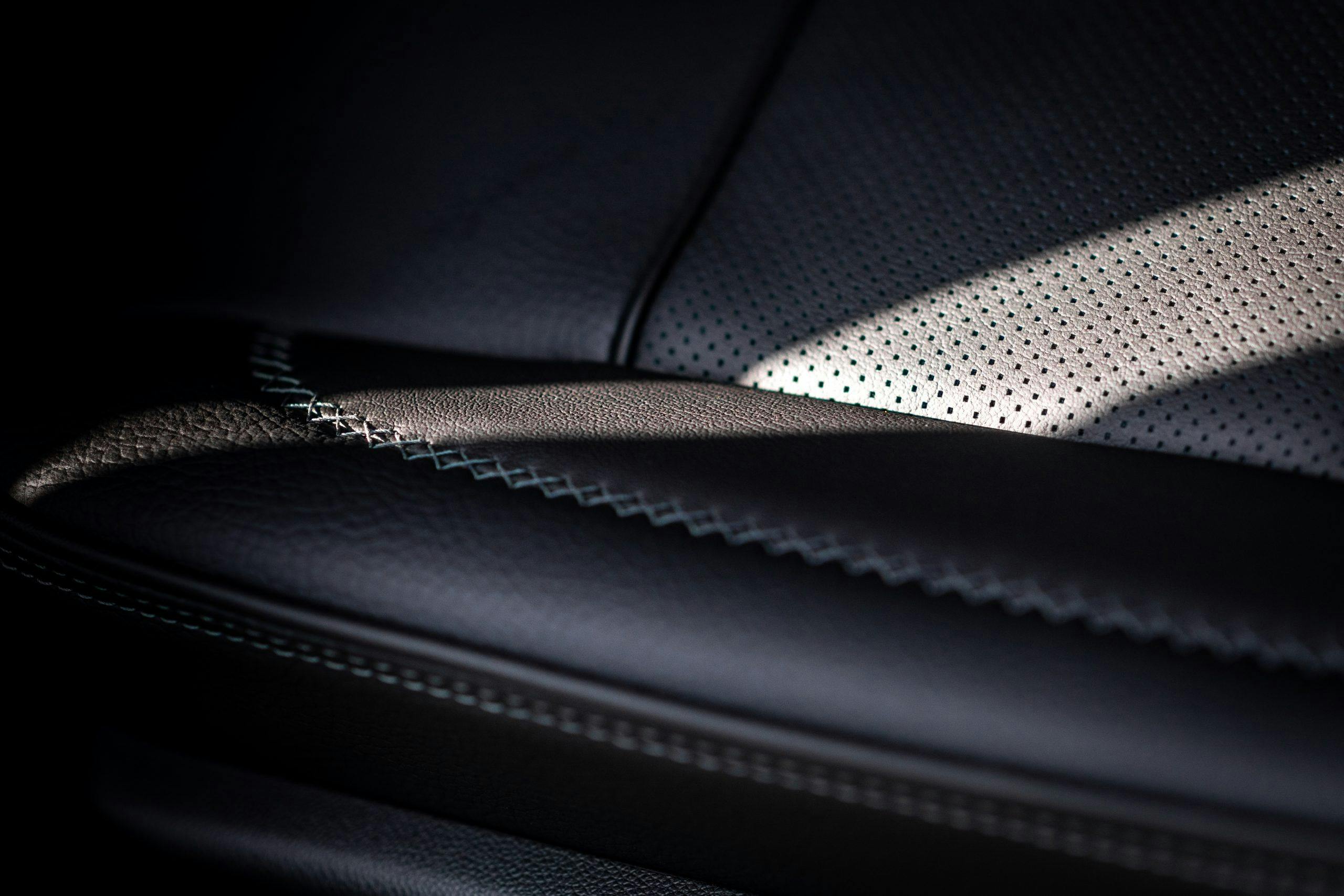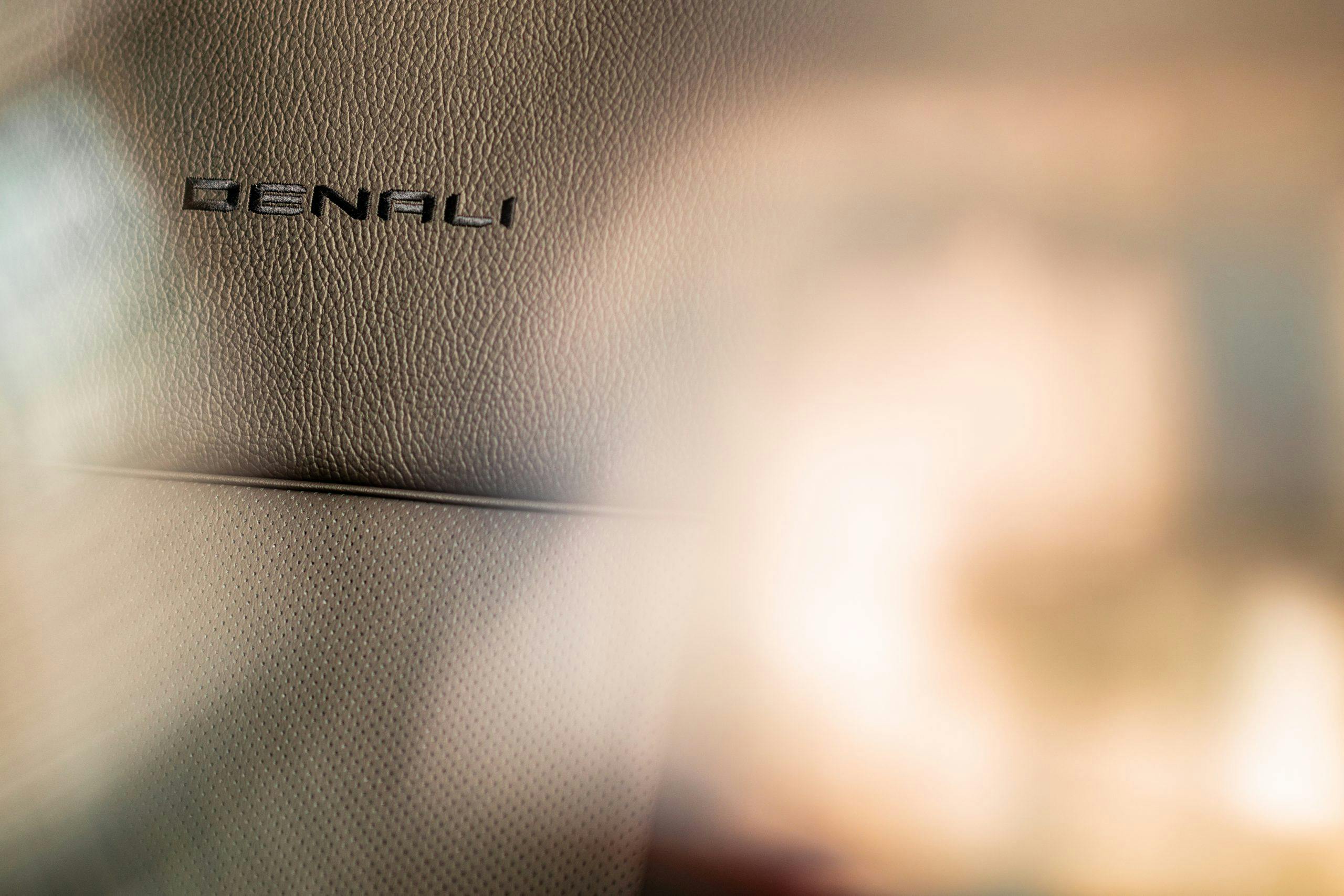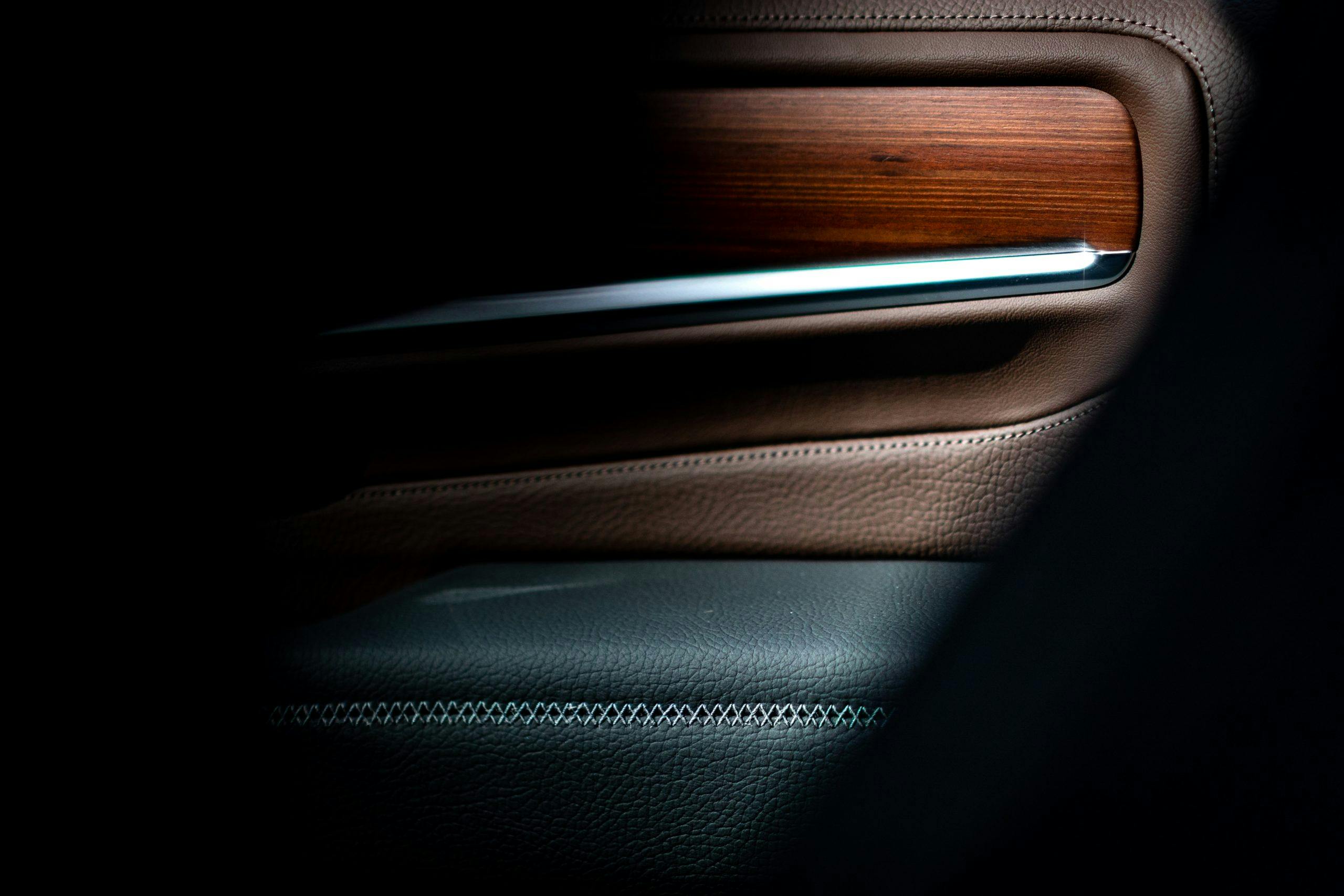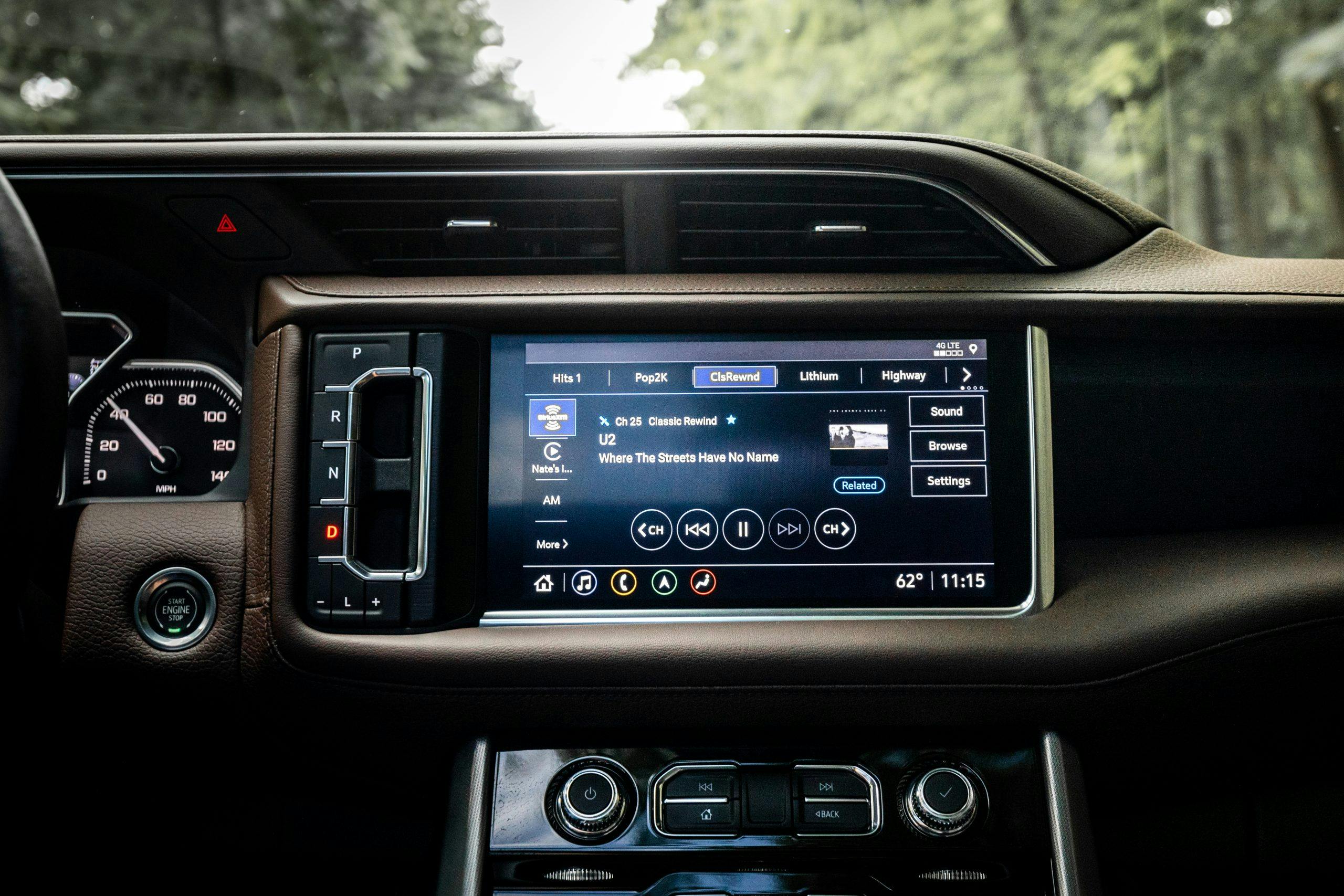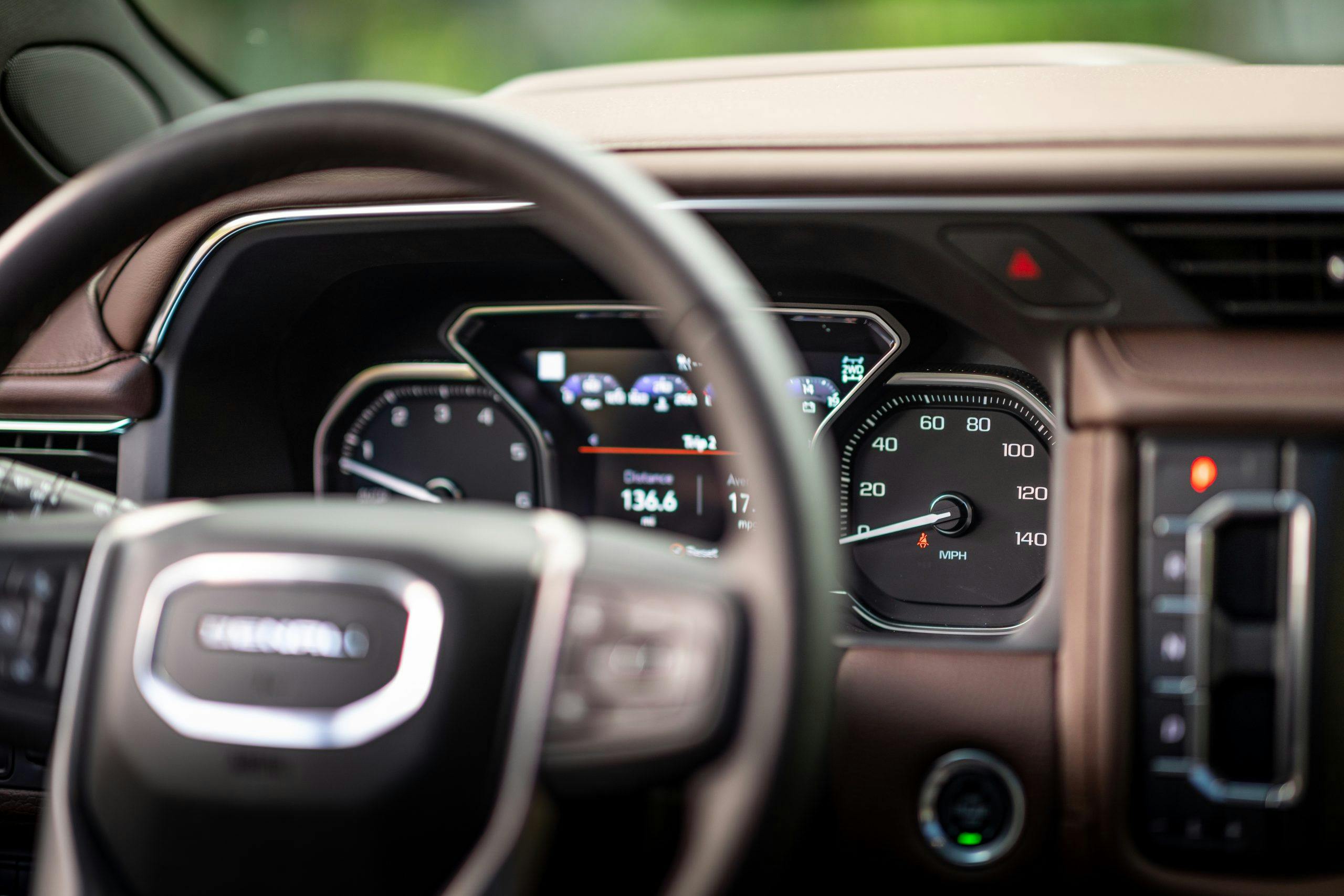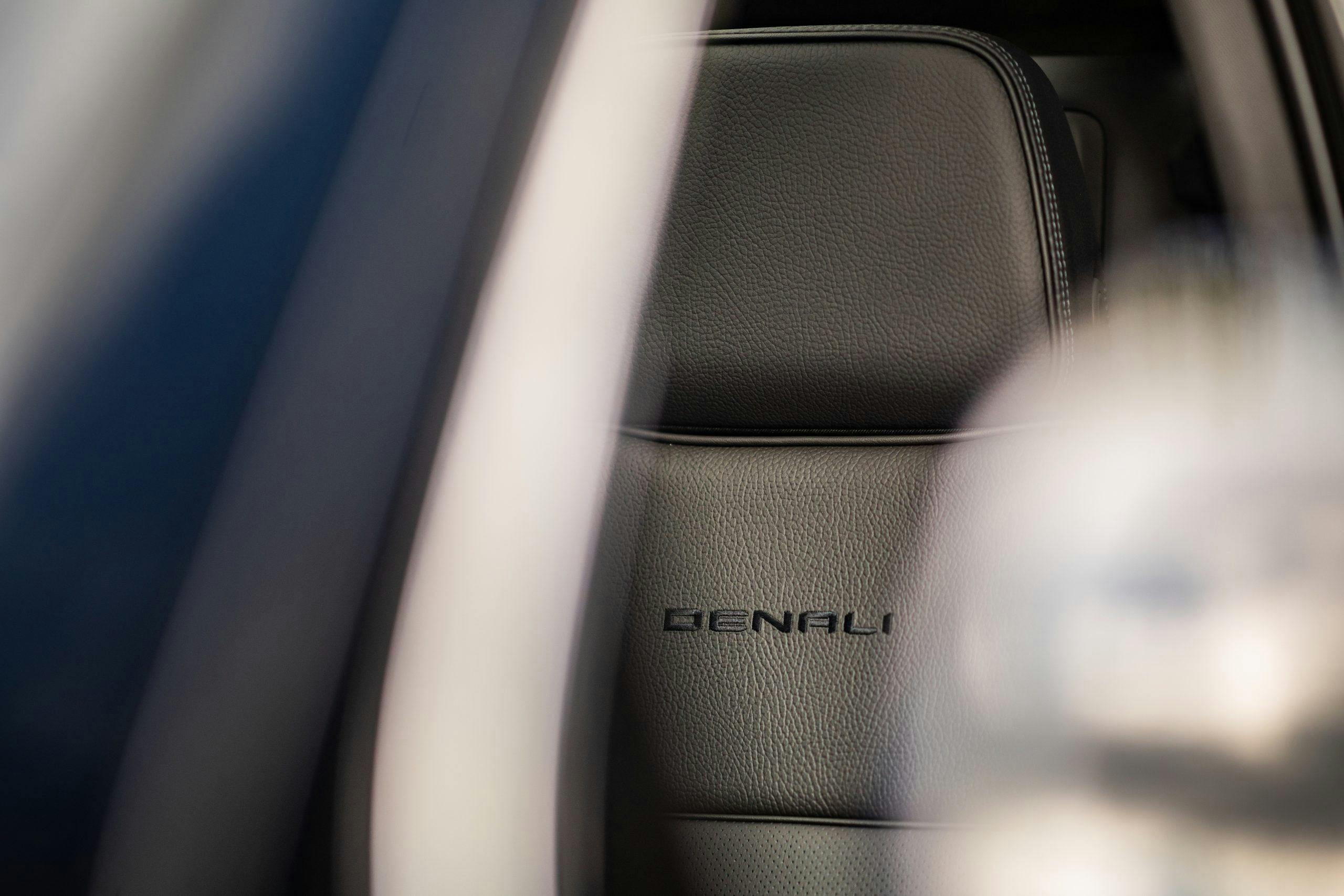Media | Articles
Review: 2021 GMC Yukon Denali
If there’s one thing that General Motors does well, it’s body-on-frame SUVs born from trucks. Suburban, the longest-running nameplate in America. Tahoe, the chariot of choice for prep-school parents. Escalade, the one thing Cadillac knows to not mess with. Last but certainly not least, there’s the GMC Yukon, the badge that kicked off the General’s segment mastery in 1991.

Yet, if you own a top-shelf Yukon, you simply tell folks you own a Denali. First introduced in 1998 for the 1999 model year, the Denali is the one-stop shop for Yukon owners who want the all-out luxury SUV experience. It’s so popular, in fact, that GMC now considers Denali a sub-brand, offering every vehicle in its portfolio with a range-topping Denali variant. While you can order a Denali version of the compact-crossover Terrain, the badge is still most at home on the full-sized Yukon. Of the nearly 75,000 Yukons ordered in 2019, more than half were Denalis.
For 2021, the Yukon gets an all-new frame, platform, and, finally, an independent rear suspension. The four-link design increases lateral stiffness, reduces unsprung mass, and offers more precise control of each wheel. The independent setup is also a boon for cabin space—a 40 percent increase in third-row legroom means way-back riders are no longer gumming their own patellas. What’s more, the switch from a live rear axle means the Yukon finally has engineering that its main competitors—the Ford Expedition and Lincoln Navigator—have enjoyed since 2003. FCA’s range-topping Grand Wagoneer will also boast four-corner independent suspension when it hits showrooms next year.

GMC loaned us a 2021 Yukon Denali 4WD for a brief two-day, one-night loan. Our Onyx Black tester rang the register for the princely sum of $83,420, including the $1295 destination fee. For context, a similarly optioned Lincoln Navigator crests the $95,000 mark; a fully-loaded Ford Expedition comes in just shy of $83,000. You can option a Chevrolet Tahoe north of $80,000 as well, and so equipped, the Bowtie version is a compelling package. The Denali, however, feels like more of an occasion than any Tahoe, or any other Yukon, for that matter.

The options list on our tester was short, but significant—the $11,180 Denali Ultimate Package included nearly every option in the book. That hefty checkbox nets everything from GMC’s top-spec safety tech to a dual-pane panoramic sunroof, matching 12.6-inch entertainment screens for second-row occupants, an electronic limited-slip differential, the Max Trailering Package, adaptive cruise control, and, most importantly, the Yukon’s new four-corner adaptive air ride suspension. (More on that last one in a bit.)
Marketplace
Buy and sell classics with confidence
There is nothing subtle about the Denali’s exterior—a choice that, let’s be honest, is deliberate. The monolithic front end is very Sierra-esque, and the Denali-exclusive chrome grille is in-your-face flashy, even by today’s standards. I stand 6 feet tall, and the Denali’s front end rose nearly to my armpits. Entire vehicles disappear from view if you follow them too closely. This is a rolling couch clad in concrete—just what Yukon owners like, parking hardships be damned. Comfy though it may be, there’s something unsettling about truly needing cameras to park a vehicle. I prefer the Navigator, whose hood doesn’t feel like the flight deck of an aircraft carrier, in tight parking lots.
Denalis receive their own unique interior design; it’s not just a nicer layout, but a more sensible one, too. The 10.2-inch infotainment screen trades places with the central HVAC vents, resulting in a cleaner line from the instrument panel to the passenger’s side of the dashboard. Four special interior color themes, unique seat details, more leather-wrapped components, and an excellent 14-speaker Bose Performance Series Audio system round out the Denali treatment.
From the driver’s seat, the Yukon is a remarkably comfortable perch. Padded surfaces on the driver door are perfect for resting your elbow while two-fingering the steering wheel, and supportive seats offer the sort of adjustability that cheer moms and NBA stars alike will appreciate. The new push-button and pull-tab gear change design seems utterly stupid, right up until the first time that you operate it without looking, at which point you immediately realize that the functionality is better than the outgoing column shifter in every way. Physical buttons to manage the HVAC controls are a welcome respite from the increasingly touch-only setups found in other marques. In the Yukon, 10.2 inches is the perfect size for the infotainment screen; leave the IMAX imitation to the Cadillac Escalade’s 38-inch OLED front screen. I’d bet the physical buttons will still function when your odometer rolls over the 150K mark.
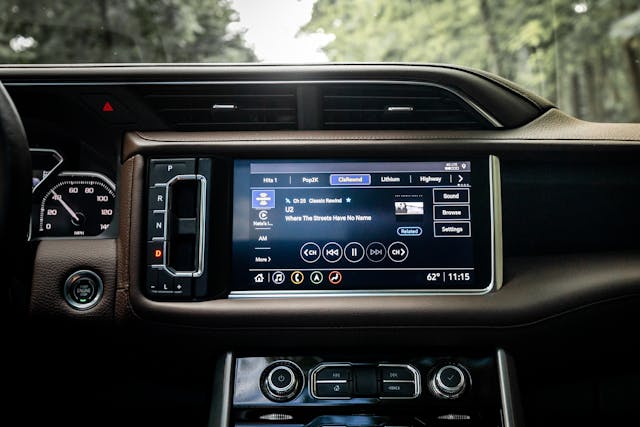
For all the good inside the Denali, the cabin falls short in two areas. First, there is absolutely no need for an analog speedometer and tachometer to swallow that much valuable real estate in the gauge cluster. Sure, the 15-inch head-up display is useful, but the Yukon—especially in Denali guise—seems like an obvious candidate for an Audi-esque all-digital display. At this level, customers expect a showstopper experience like that. The second shortcoming concerns the highly-touted power sliding center console. Placing that console’s nondescript activation switch overhead, among the very similar-looking sunroof controls, is a miss. There’s plenty of space around the HVAC controls—this button should live around there.
All Denalis come with GM’s venerable 6.2-liter pushrod V-8 as standard, which offers class-leading power figures of 420 hp and 460 lb-ft of torque. Lesser Yukons settle for the 355-horse 5.3-liter V-8, while a 3.0-liter Duramax diesel with 460 lb-ft of twist is an option on all Yukons from the SLE to the Denali (with the exception of the AT4). All Yukons come with a 10-speed automatic transmission. The Denali Ultimate package on our tester included the Max Trailering package, which ups towing capacity to a respectable 8000 pounds. Opting for the air ride, thankfully, doesn’t diminish towing capacity.
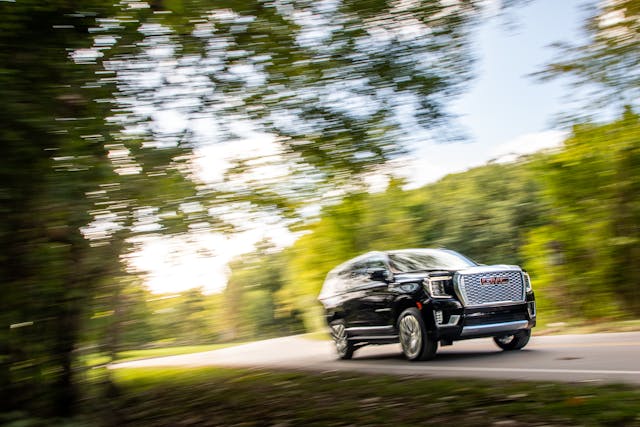
A few things became apparent as we set off behind the wheel. First and foremost, the independent rear suspension (paired with the Denali’s available adaptive air suspension) is the best development to come to GM’s full-size trucks in many years. The Denali rides better than any body-on-frame, three-ton flying brick has any right to. Gone is the unbecoming hop-jiggle from wonky expansion joints on the highway; ditto the reverberation through the entire frame over pockmarked pavement. Of the three suspension choices (coil springs with passive dampers, standard on low- and mid-trim SLE and SLT; coil spring with magnetic ride, standard on Denali and AT4; and air ride adaptive suspension with magnetic ride, available on Denali and AT4), the last feels worth the splurge.
This has to be the laziest-feeling application of GM’s 6.2-liter V-8 to date, and you know what? That’s just fine. Around town, the Yukon is content to trade knife’s-edge throttle tip-in for smoothness and ease of use. It’s never hard to gather speed, mind you; it’s just that this engine does nothing for your serotonin levels. The 3.5-liter EcoBoost V-6 in an Expedition or a Navigator delivers considerably more pep when prodded. Yes, there is a Sport mode on the drive mode selector, but why a vehicle of this size needs one at all is a fair question. What the Yukon could use are more responsive brakes with even a little bite. The Yukon’s stoppers feel too soft to handle the job of reigning in 6000 pounds, and on multiple occasions we had to apply a mildly alarming amount of brake pressure to bring this battleship to a halt.
At the end of the day, we’re left asking the same question we asked in our Tahoe review: Why buy an $83K Yukon when you can option a Tahoe all the way to $81K or sneak into an Escalade for a few thousand more? Is it the stealth-wealth crowd demanding a Denali? Hardly—they’re snatching High Country Chevy’s by the handful, looking at the Denali’s overt styling with disdain. Is it the wealth-flaunting crowd? Probably not—they’re more drawn to the Escalade. As for the Navigator crowd, those folks tend to stick closer to Dearborn rather than wander downtown to the Ren Cen.
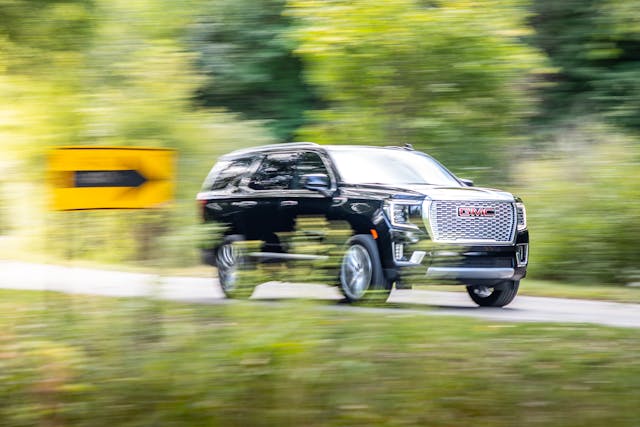
Truth is, this new Yukon’s target prospective buyer is … a current Yukon owner. They’re already accustomed to this level of comfort, spaciousness, and overall footprint. The new suspension setup alone is impressive enough to make even year-old Yukons feel obsolete. That’s saying a lot, too; these are deeply dependable and robust vehicles that owners regularly drive to six-digit mileage. Mercedes GLS and BMW X7 buyers do not expect the same longevity. In truth, there’s a large swathe of Sierra pickup owners who would also be better served by Yukons. Perhaps some of them will realize that the Yukon will tow their 6000-pound fully-stocked Airstream International with ease while offering a balanced ride to boot. Don’t bet on too many, though—the only vehicles American drivers love more than big SUVs are even bigger pickup trucks.
The Yukon is as desirable as ever, and with the new suspension layout, its ride quality and handling are finally on par with the Ford and Lincoln offerings. It presents comparable luxury appointments to German rivals and a considerably easier-to-swallow price tag, too. The few that sidle over from Ford and Lincoln will be floored at how pleasantly relaxed the drivetrain is, even if they end up missing the raw shove of two turbochargers. If Sierra owners can give up the bed, they’ll understand that utility doesn’t have to come at the expense of comfort and maneuverability. No matter how you slice it, telling the world you drive a Denali has never meant more.
